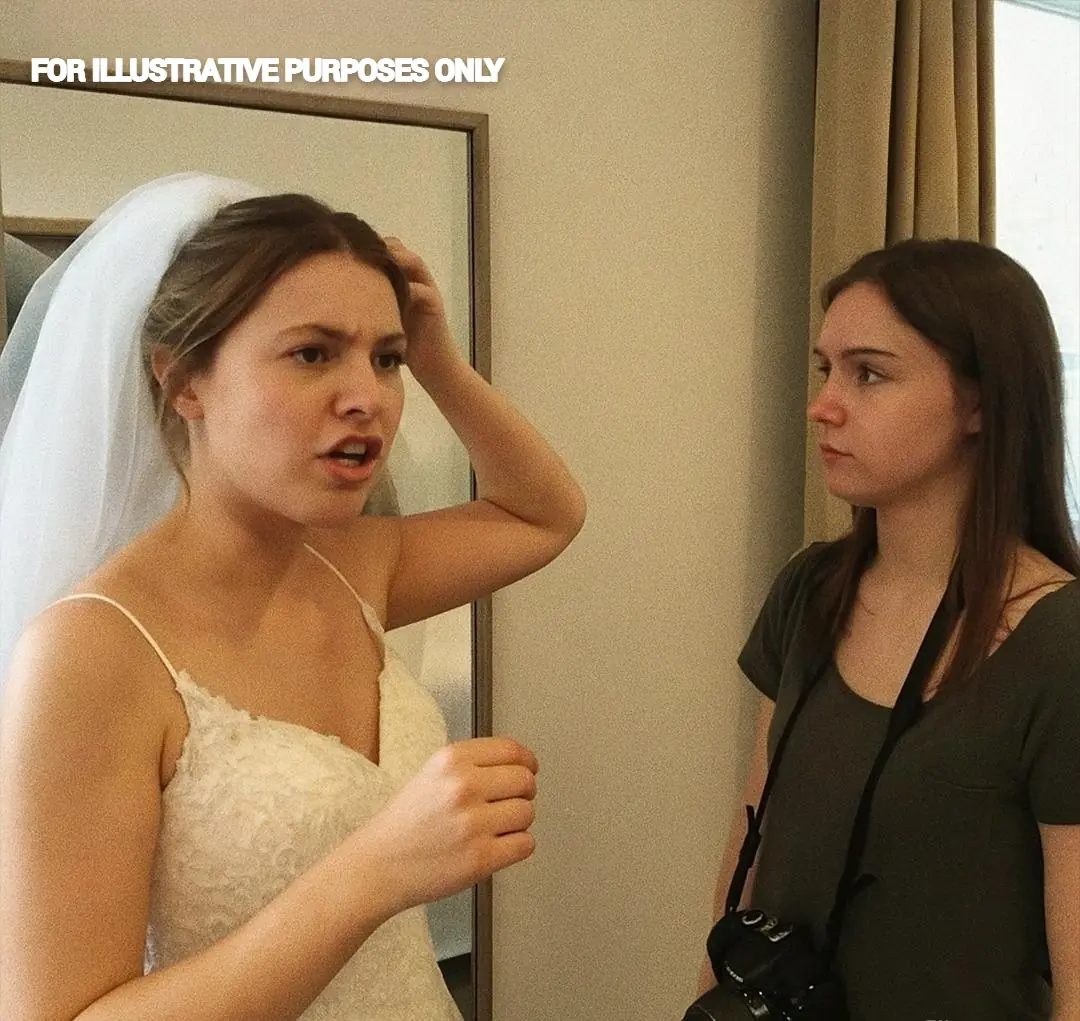
My Brother Forbade Me from Giving the Speech at Our Mom's Funeral Because 'No One Wants to Hear from the Adopted One'
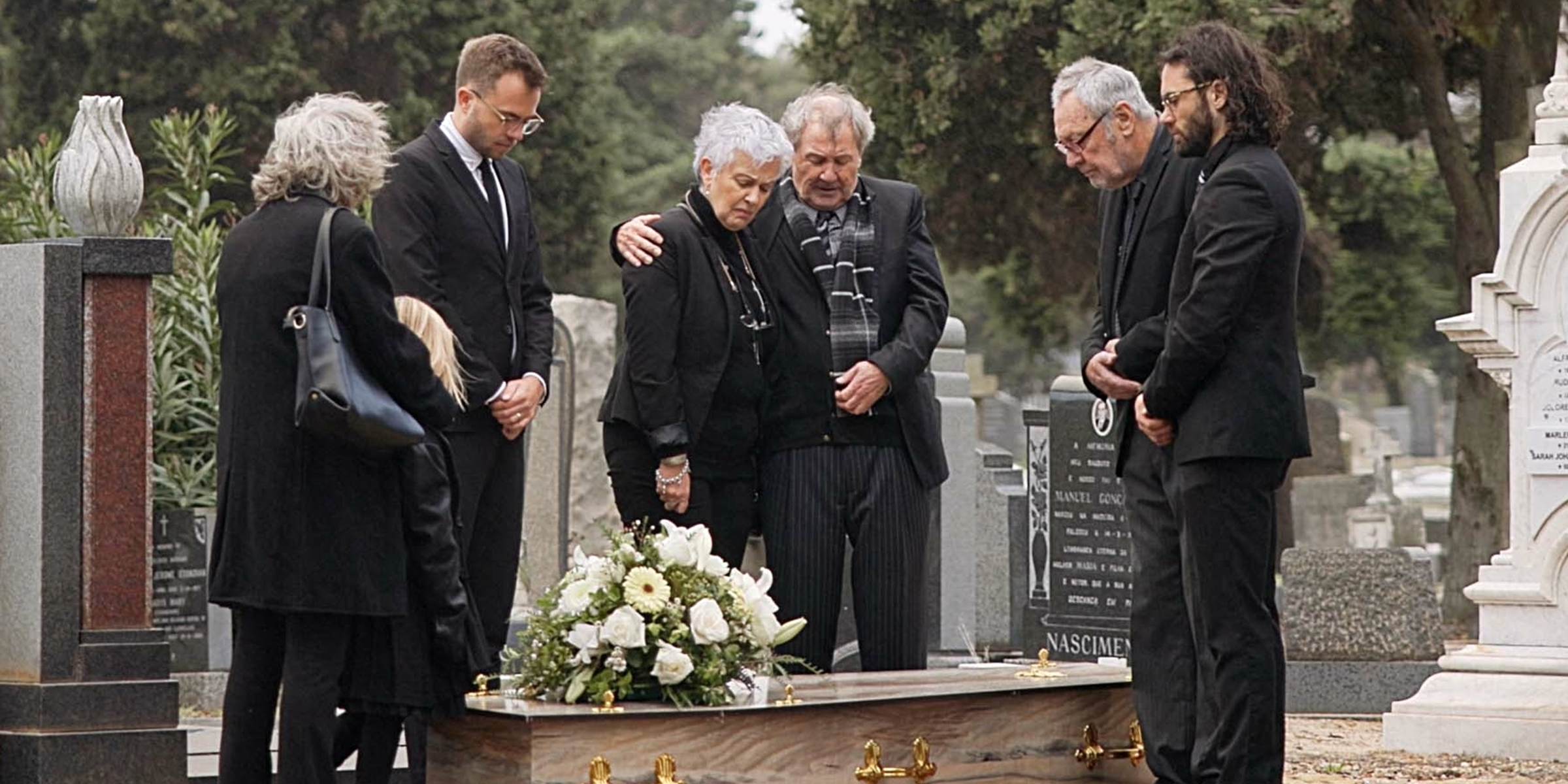 Have You Ever Been Erased from Your Own Story?
Have You Ever Been Erased from Your Own Story?
Have you ever had someone try to erase you from your own story? To insist that the love you lived wasn’t real enough, or that your place in someone’s life was conditional? That’s what happened when my brother decided I wasn’t “family enough” to say goodbye to our mother.
The house feels like a museum now. I move through rooms still scented faintly with her lavender hand cream, expecting any moment to hear her humming in the kitchen. It’s been two weeks since we lost our mom to ovarian cancer, and each day since has carved a deeper hollow in my chest.
My name is Rachel, and the woman I’m grieving didn’t just raise me—she chose me. She made me hers in every way that mattered.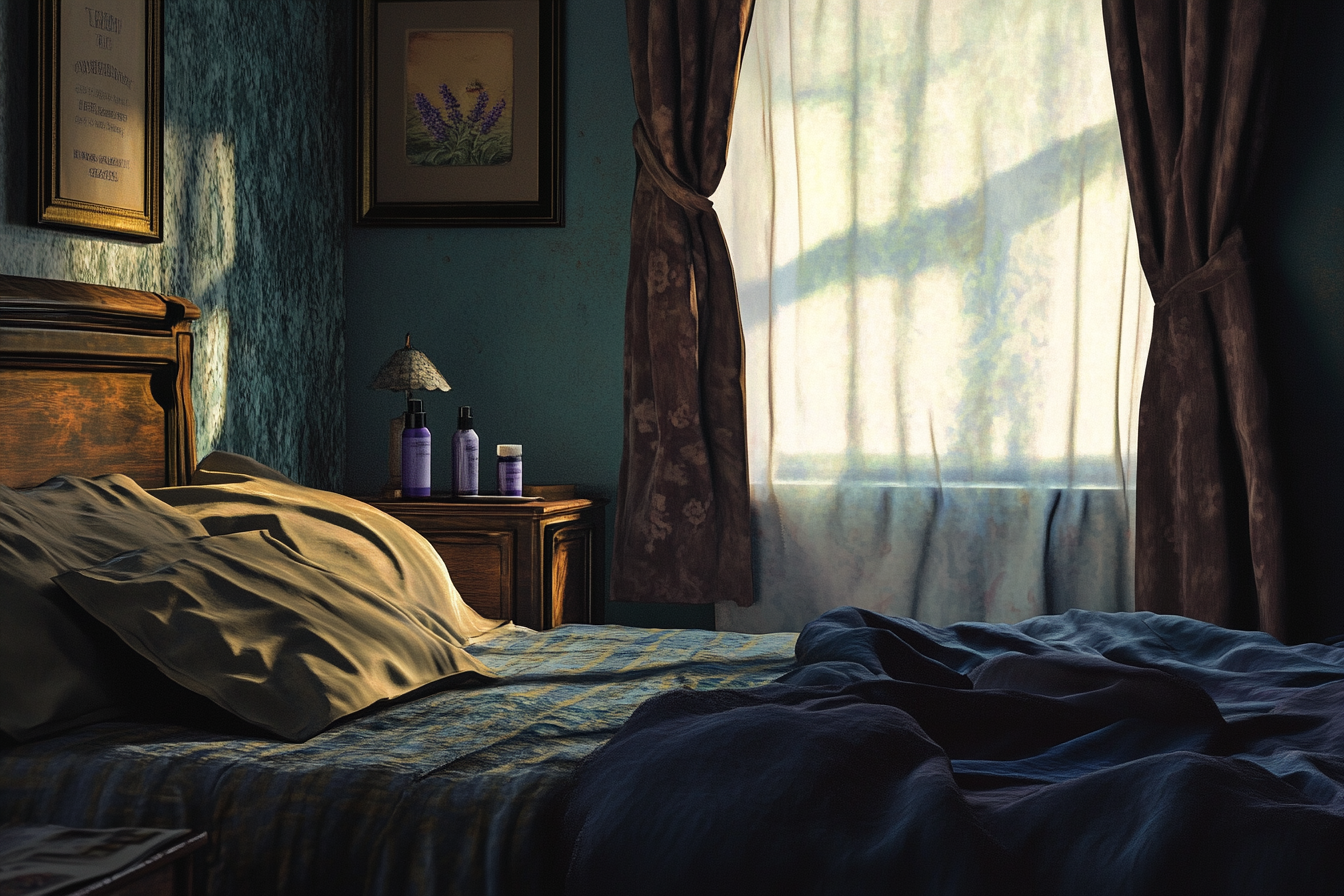
“Aunt Miriam” calls twice a day now. “Rachel, sweetheart, are you eating?” she asks, her voice always thick with concern. “Your mom would want you to take care of yourself.”
I always answer yes, even though the fridge is still packed with untouched casseroles from kind-hearted neighbors. Food just tastes like ash lately.
I was five when she and my dad adopted me—a frightened little girl with tangled curls, silent eyes, and a backpack that held more trauma than toys.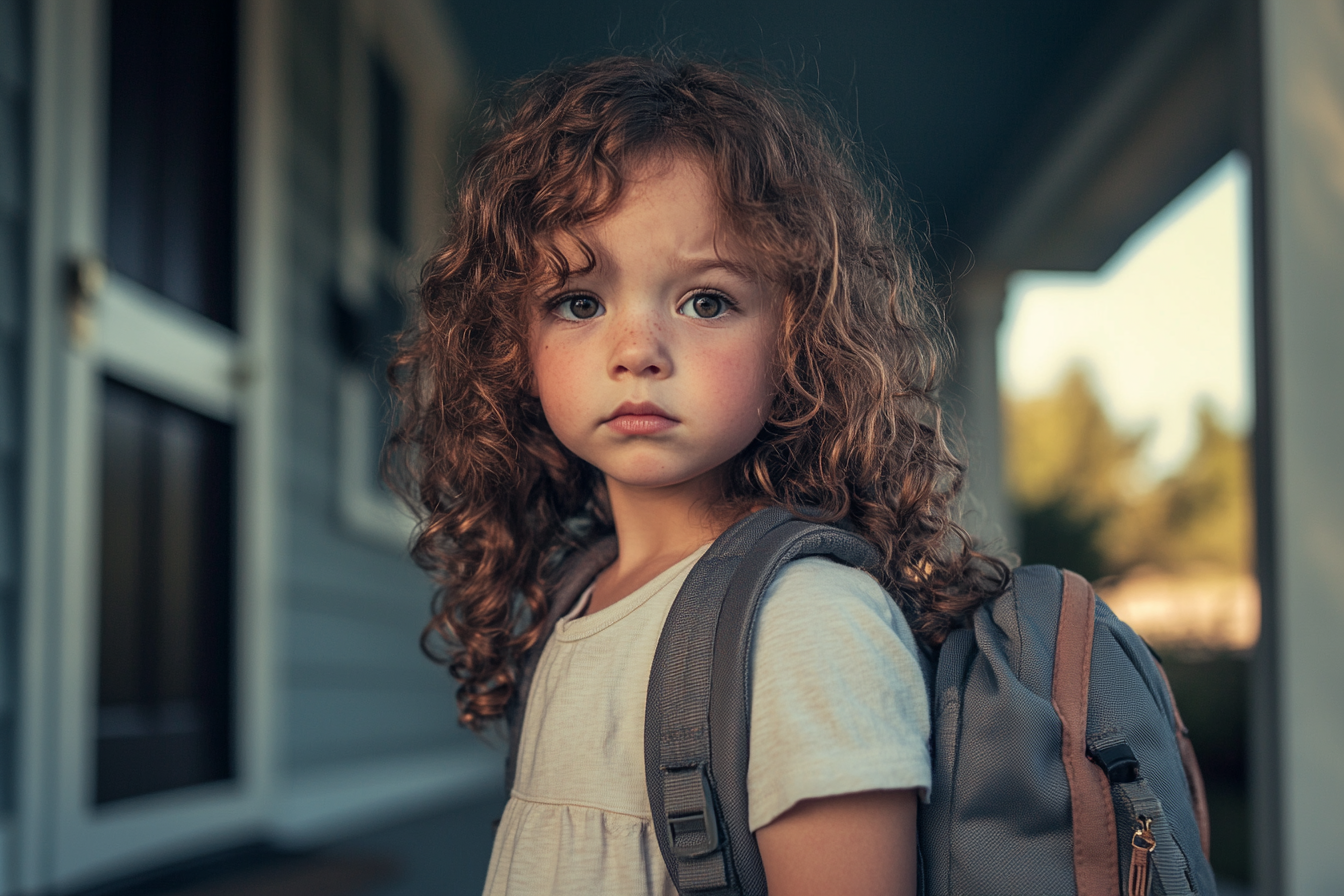
They already had James, their biological son, who was eight at the time. James inherited Dad’s boldness and Mom’s expressive eyes.
“This is your sister,” Mom had told him, her arm wrapped securely around my shoulders.
Later that night, when I couldn’t sleep, she came into my room, sat on the edge of the bed, and whispered, “And this is your forever home.”
And she meant it. Every day she lived, she proved it.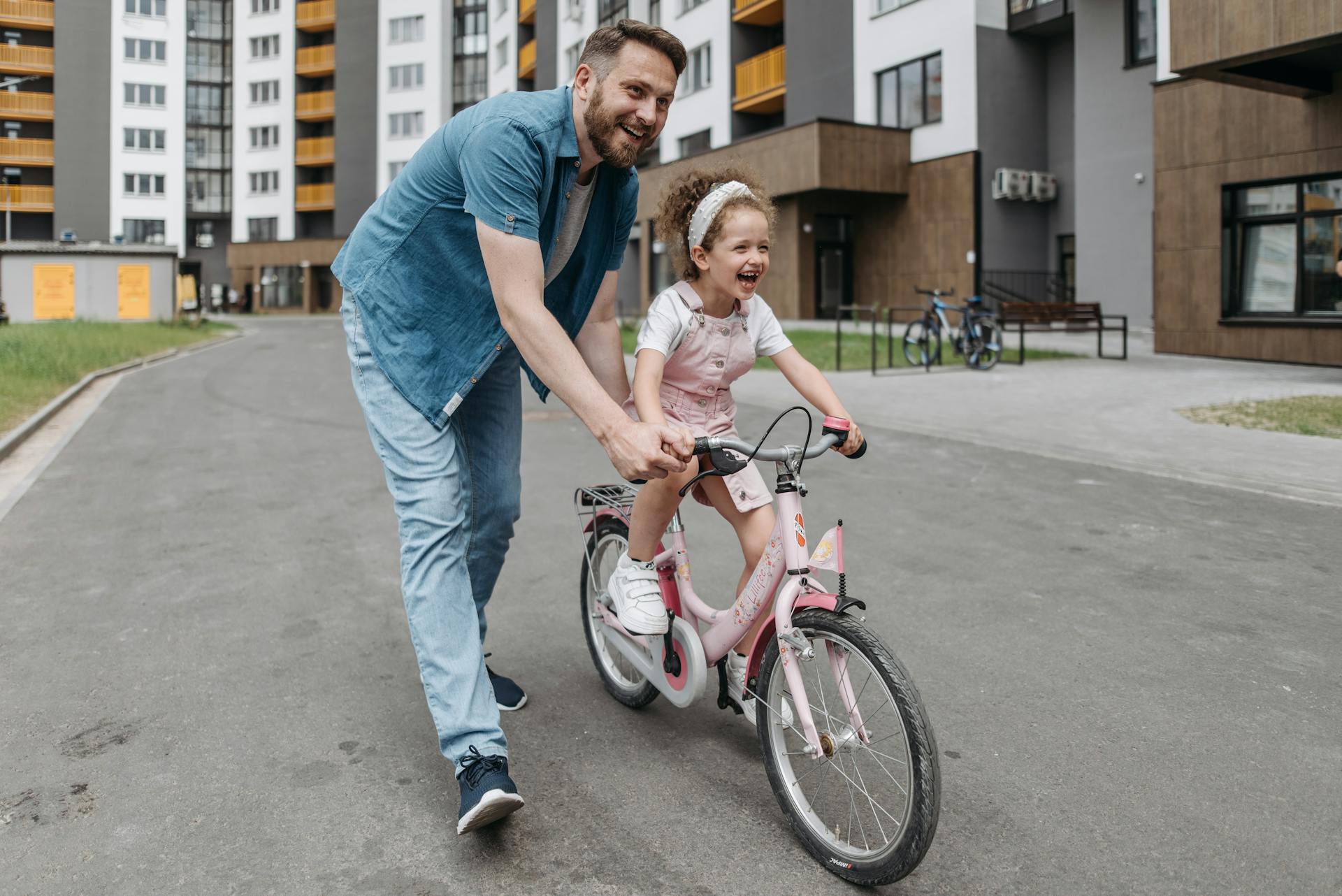
Dad was a quiet pillar of strength. He taught me how to ride a bike and how to build a birdhouse. But when he died of a heart attack eight years after I came into their lives, Mom became my entire world.
She never missed a dance recital, brought flowers every time. She stayed up late helping me build volcanoes for science fairs and let me cry on her lap the night my first boyfriend broke my heart.
“Family isn’t built by blood,” she’d say whenever people made careless comments about adoption. “It’s built by love. And you, Rachel, are mine.”
We were a team, especially after I graduated college. I took a job at a local design agency just twenty minutes from home because I couldn’t bear the thought of being far from her.
Then came the diagnosis. Ovarian cancer, stage three.
I remember sitting in that sterile white hospital room as the doctor delivered the news. Mom squeezed my hand. I promised her we’d fight it. And for two long years, we did just that.
She endured chemotherapy, pain, fatigue, and endless sleepless nights. I moved in with her, cooking her meals, tracking every medication, washing her hair when she no longer could lift her arms.
And James? He visited twice. Once on her birthday with a bouquet that made her eyes sparkle, even through the fog of morphine. Once again, for five minutes at the hospice, before he muttered, “I can’t handle seeing her like this,” and left.
He lived in Boston, three hours away, with a beautiful family and a thriving finance career. But it wasn’t time or distance that kept him away. It was something else—something colder.
Still, I never judged him. And Mom didn’t either.
“Everyone carries grief differently,” she would say on the nights she waited by the window and he never came. “James is still my son. He’ll come around.”
But time, cruel as it is, ran out.
The morning of her funeral was crisp and golden—exactly the kind of autumn day Mom adored. I wore the navy blue dress she picked out for me months earlier, when she was still strong enough to shop. I smoothed the fabric in her bathroom mirror, clutching the eulogy I had rewritten at least a dozen times.
My speech wasn’t just goodbye—it was a thank-you, a tribute, a declaration of love. Of truth.
“Rachel, darling?” Aunt Miriam tapped gently on the door. “The cars are here.”
I nodded, though my legs felt like stone.
At the church, people were already filling the pews. Mom had touched so many lives—colleagues from the elementary school where she taught for three decades, her book club friends, neighbors who still remembered her lending sugar or baking cookies for school fundraisers.
I noticed James near the front with his wife and two children. We’d barely spoken in the past weeks. He’d handed off most of the funeral planning to me through short, clipped texts.
He turned as I approached. “The flowers look nice,” he said.
“She loved lilies,” I murmured. “Remember how she’d always replant them by the porch every spring?”
He looked away, emotion flickering briefly across his face. “Yeah.”
Just before the service began, he pulled me aside.
“Rachel,” he said, keeping his voice low. “You shouldn’t give the speech.”
I blinked. “What are you talking about?”
His eyes flicked around nervously. “It should come from real family. No one wants to hear from... the adopted one.”
The word hit me like a slap. Adopted. As if that made me less. As if the years I spent caring for her meant nothing.
I wanted to scream. To list the nights I held Mom as she wept. The meals I fed her by hand. The hours I read to her as her voice failed.
But James had already turned away.
So I nodded. “Fine.”
He gave a clean, impersonal eulogy—stories from their childhood, a few lines about what she meant “to all of us.” People clapped politely.
I sat in the front row, my speech burning in my purse like a secret.
Then something unexpected happened.
A hospice nurse named Grace approached the podium with an envelope. She handed it to James.
“Your mother asked me to give this to you,” she said clearly.
James unfolded a pale blue letter. He began reading.
“To my children, James and Rachel. Yes, both of you. Blood makes you related. Love makes you mine.”
The room fell into a hush.
“James, you were my first miracle. My wild spark. Rachel, you were my answered prayer. The soul who came to me in a different way but filled my life just as deeply.”
His voice trembled. “Rachel, I hope you kept the words we wrote together. Because they are mine too.”
He looked up, his face crumpled in shame. “Please,” he said softly. “Come up here. I’m sorry.”
I walked slowly to the front, my legs shaking. I took out the folded pages. And then, I spoke.
I told them about the woman who was more than my mother—who was my anchor, my teacher, my best friend. I told them about apple pies and lullabies, about late-night talks and early morning drives to chemo. I told them that family is forged in showing up, in holding on, in loving even when it's hard.
And when I finished, there wasn’t a dry eye in the room.
Afterward, strangers embraced me like old friends. Her students, now grown, shared stories. Her fellow teachers laughed about old pranks and tearfully thanked me.
James pulled me aside before we left.
“I was wrong,” he said. “About everything.”
“I know,” I replied gently.
We stood together in silence—not the kind that pushes you out, but the kind that makes space for healing.
“She never stopped hoping you’d come back,” I said.
He looked at me, eyes wet. “I wasted so much time.”
“Then don’t waste any more,” I said. “She would want you to start over.”
And I knew, as we walked back into the reception together, that I didn’t need a eulogy to prove I was her daughter.
She had already said it.
Loud and clear.
News in the same category

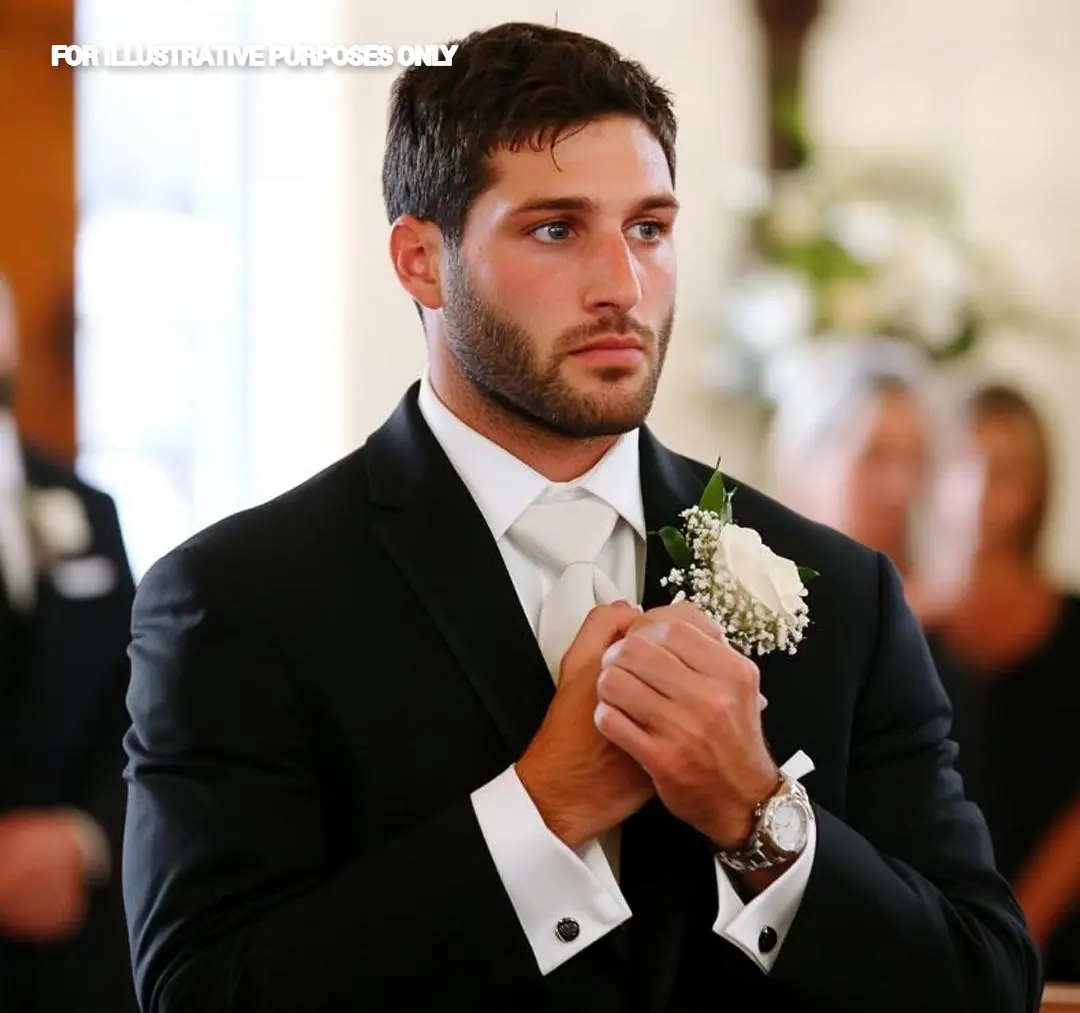
I Noticed the Groom Kept Rubbing His Wrist at My Best Friend’s Wedding—So I Stepped in and Exposed a Terrible Secret
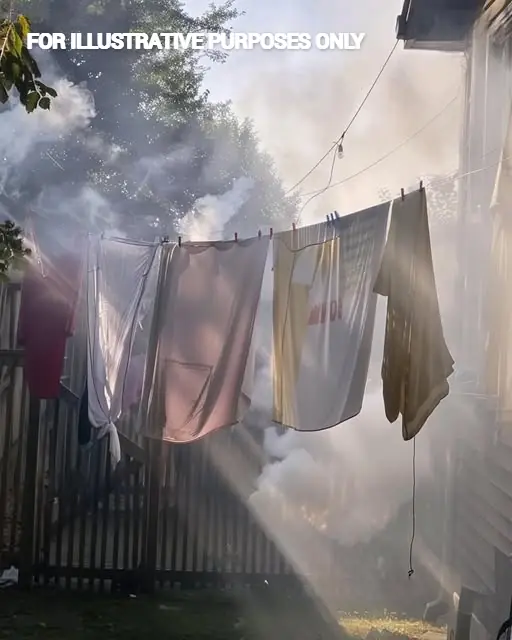
My Neighbor Started a Barbecue Every Time I Hung Laundry Outside Just to Ruin It
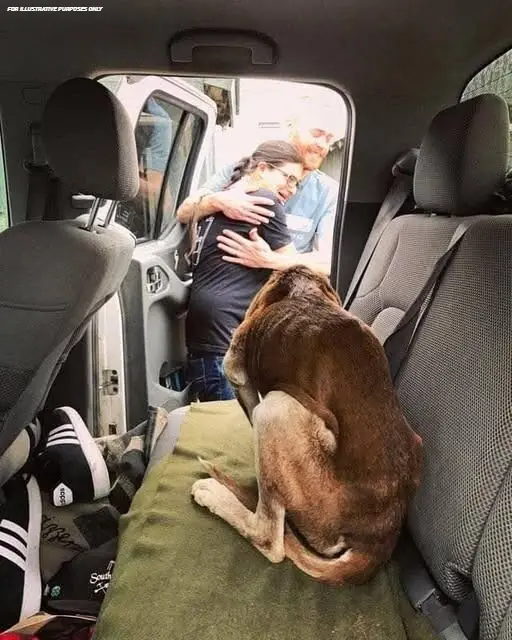
I DROVE HOURS TO RESCUE THIS DOG—BUT I NEVER EXPECTED WHO WAS WAITING AT THE DOOR
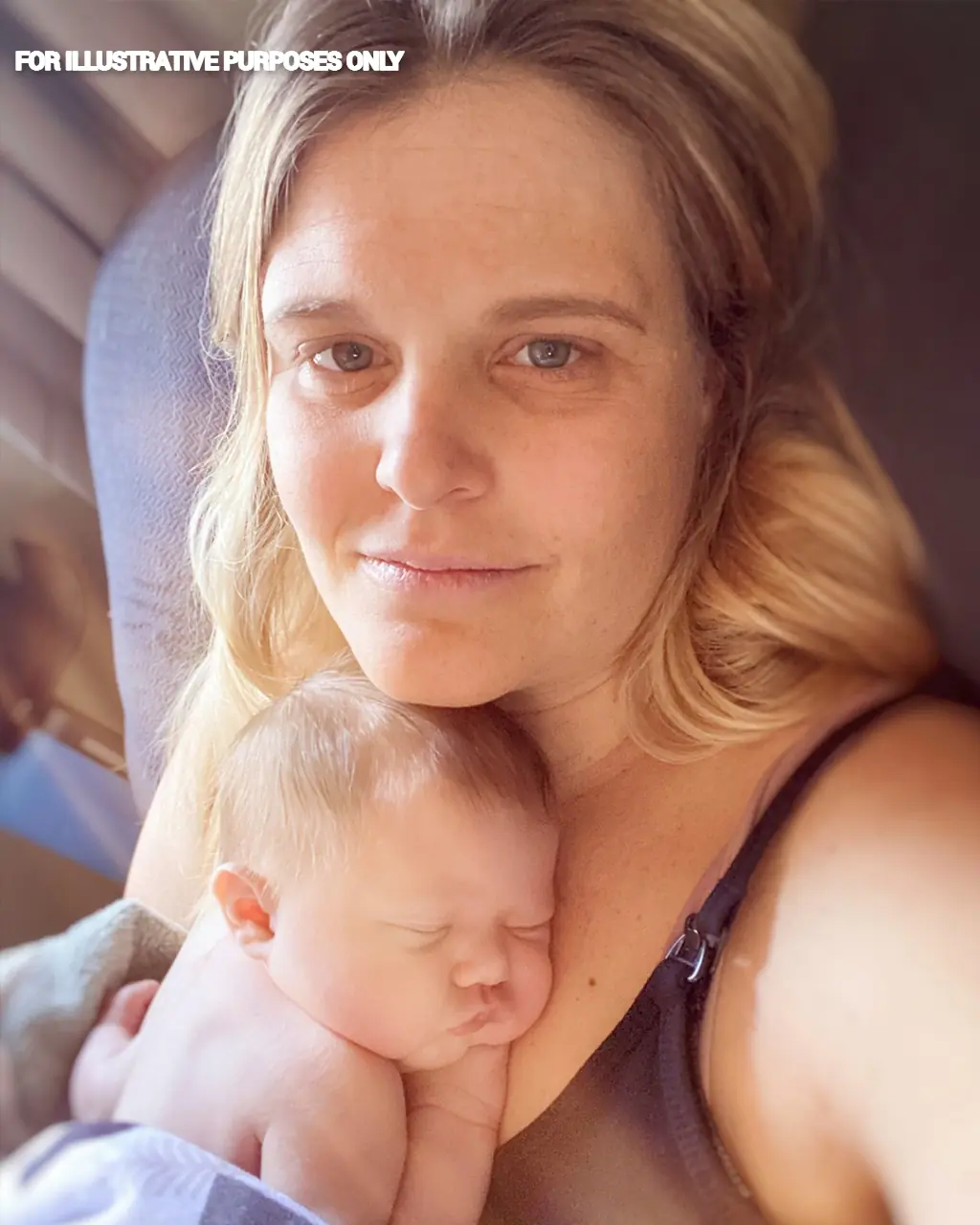
Wife and Kids Were Starving While Husband Pampered Himself with Luxuries — Story of the Day
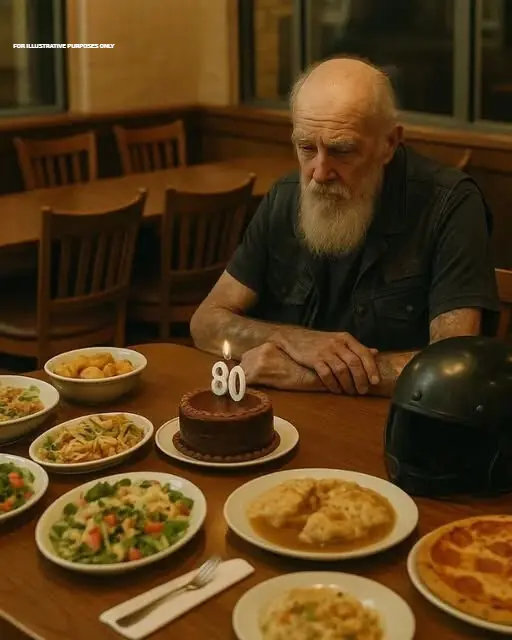
Not a single family member showed for my Biker Grandpa’s 80th birthday
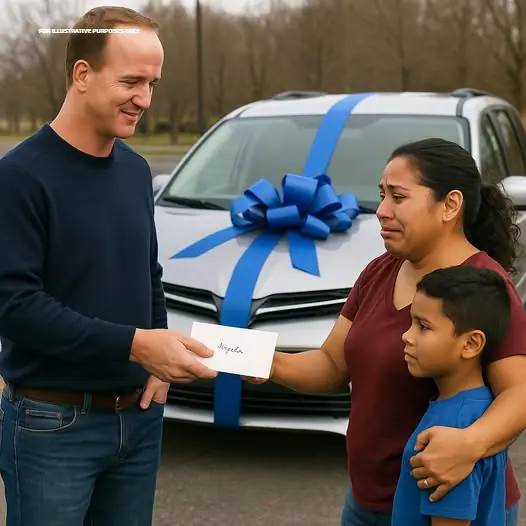
She Walked Two Miles Every Day So Her Son Could Get to Football Practice. Peyton Manning Found Out — and Bought Her a Minivan.
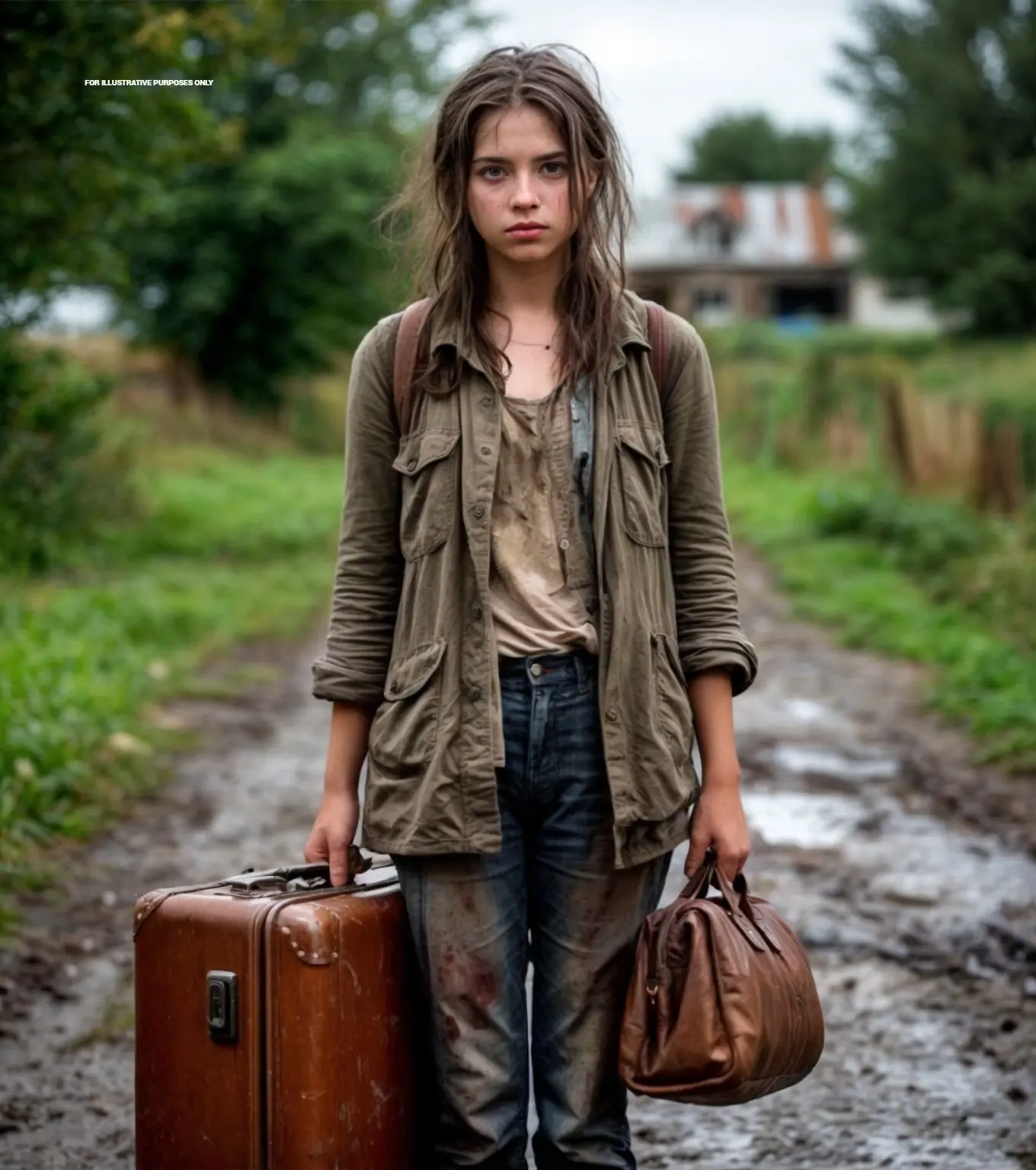
A desperate orphan with a suitcase knocked on the door of a restaurant. The owner was stunned when he learned her last name.
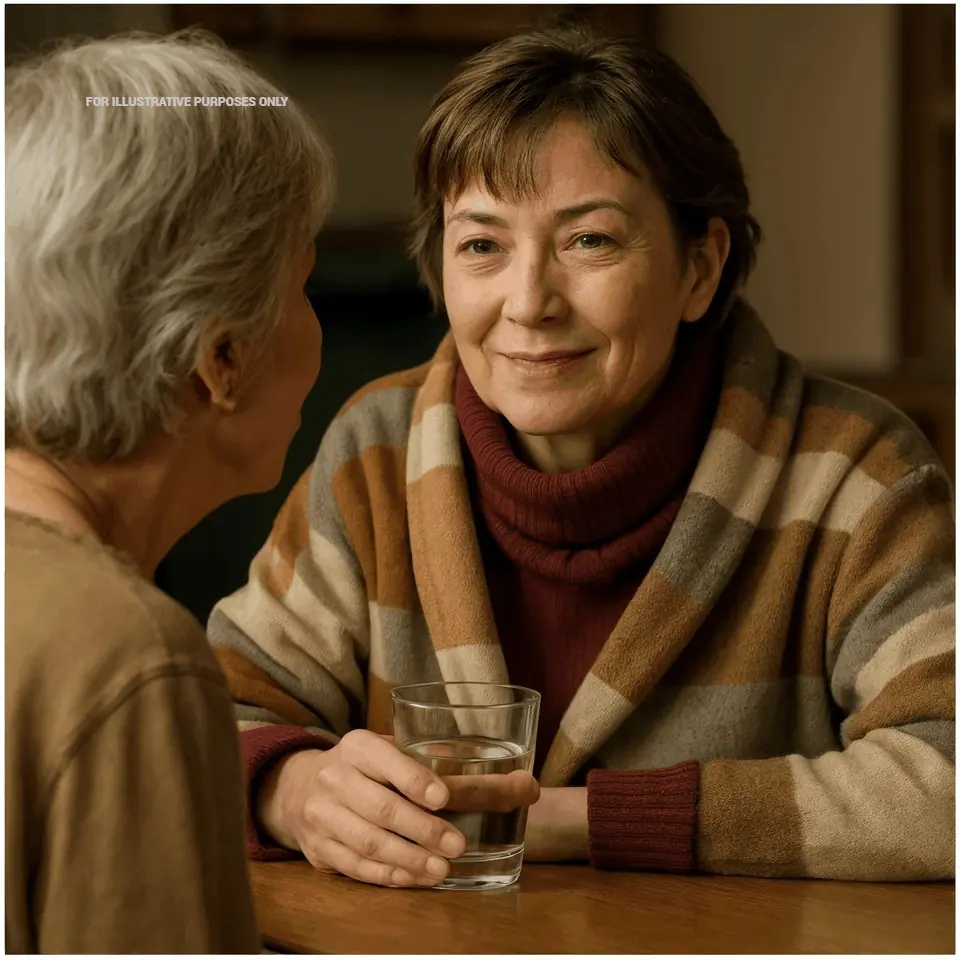
The widow was taking care of her bedridden mother-in-law. Upon returning home, she saw a suspicious car at the gate
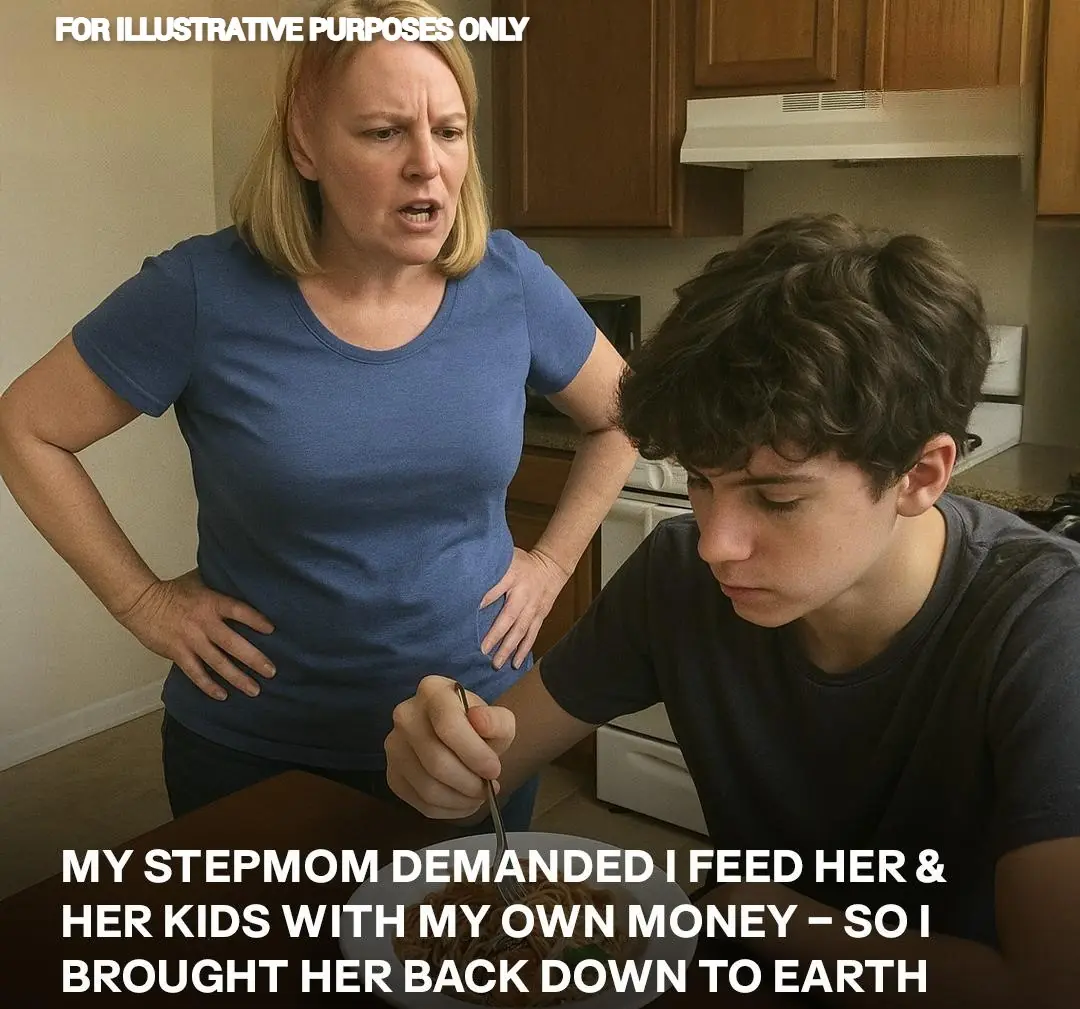
My Stepmom Demanded I Feed Her & Her Kids—So I Taught Them a Lesson They Won't Forget
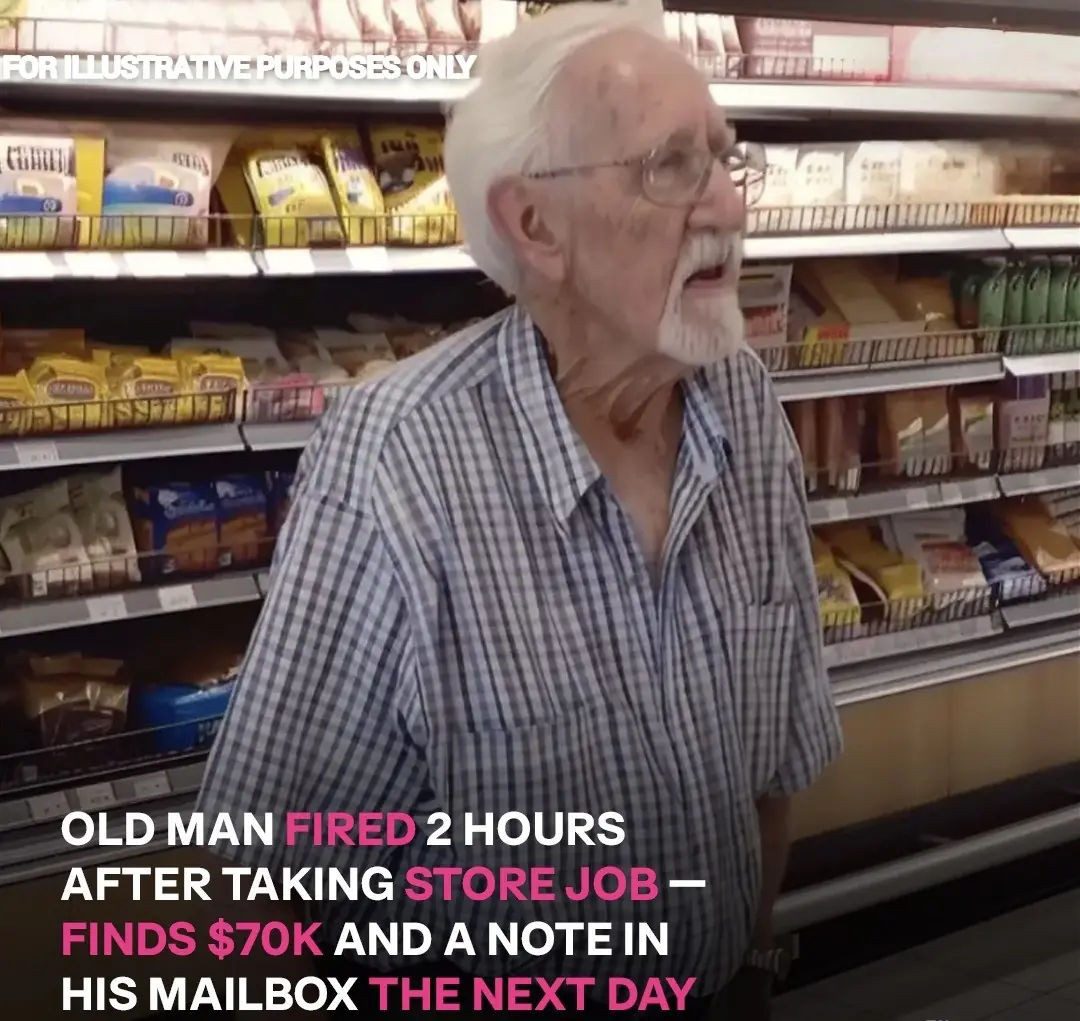
Older Man Is Fired 2 Hours after Taking Store Job, Gets $70K for Wife’s Treatment the Next Day – Story of the Day
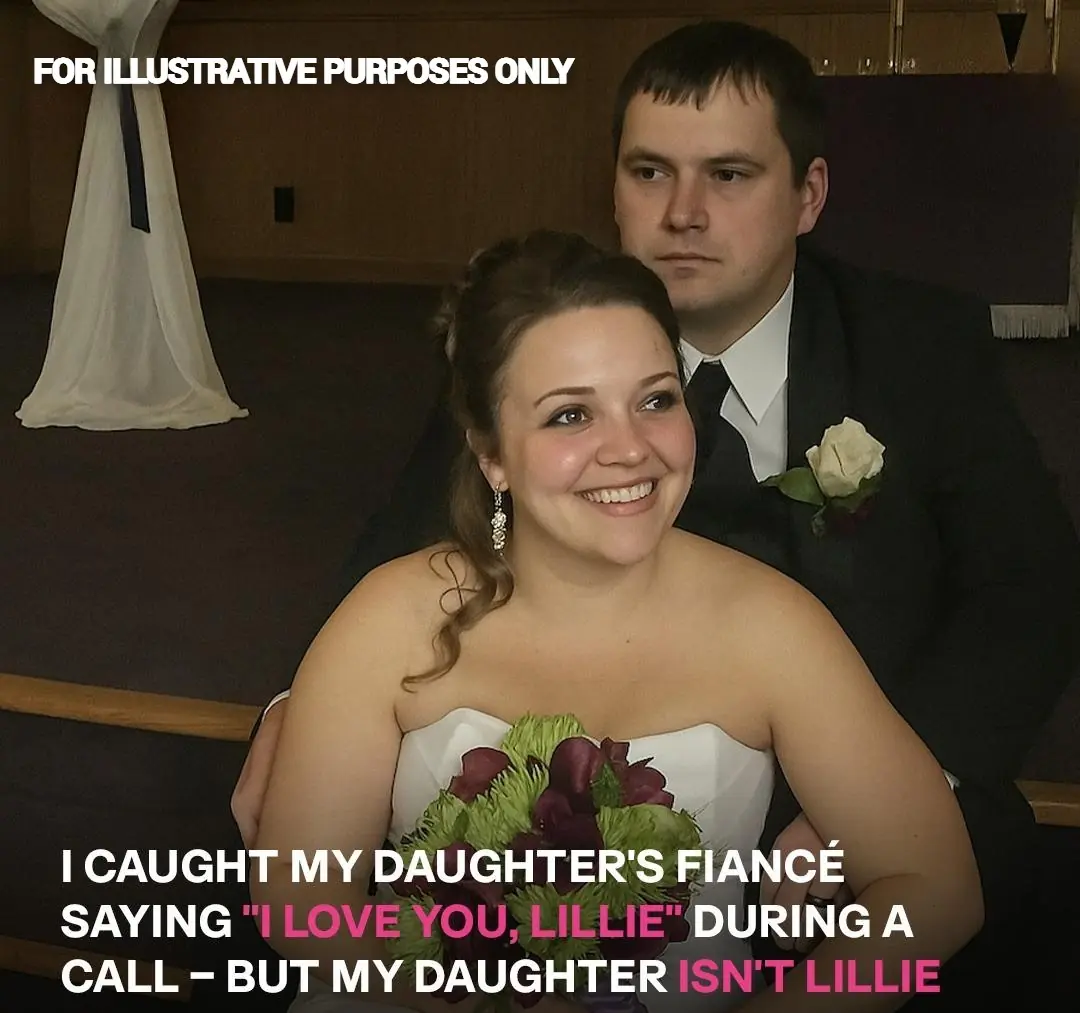
My Daughter Banned Me from Her Wedding, So I Showed up with a Tape That Exposed the Truth – Story of the Day
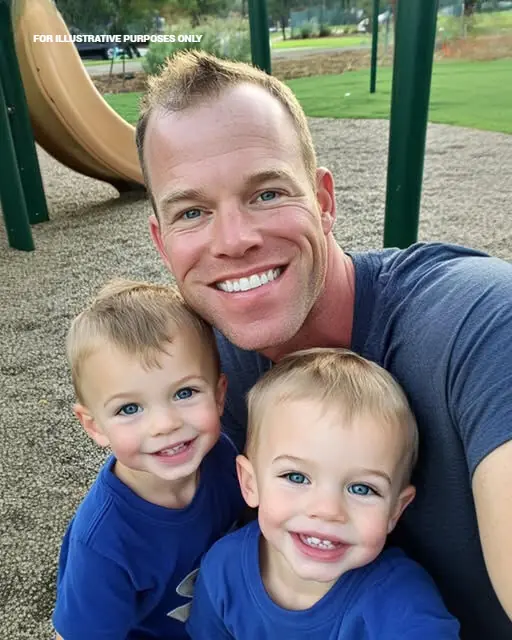
MY WIFE LEFT ME AND OUR CHILDREN AFTER I LOST MY JOB — TWO YEARS LATER, I ACCIDENTALLY MET HER IN A CAFÉ, AND SHE WAS IN TEARS
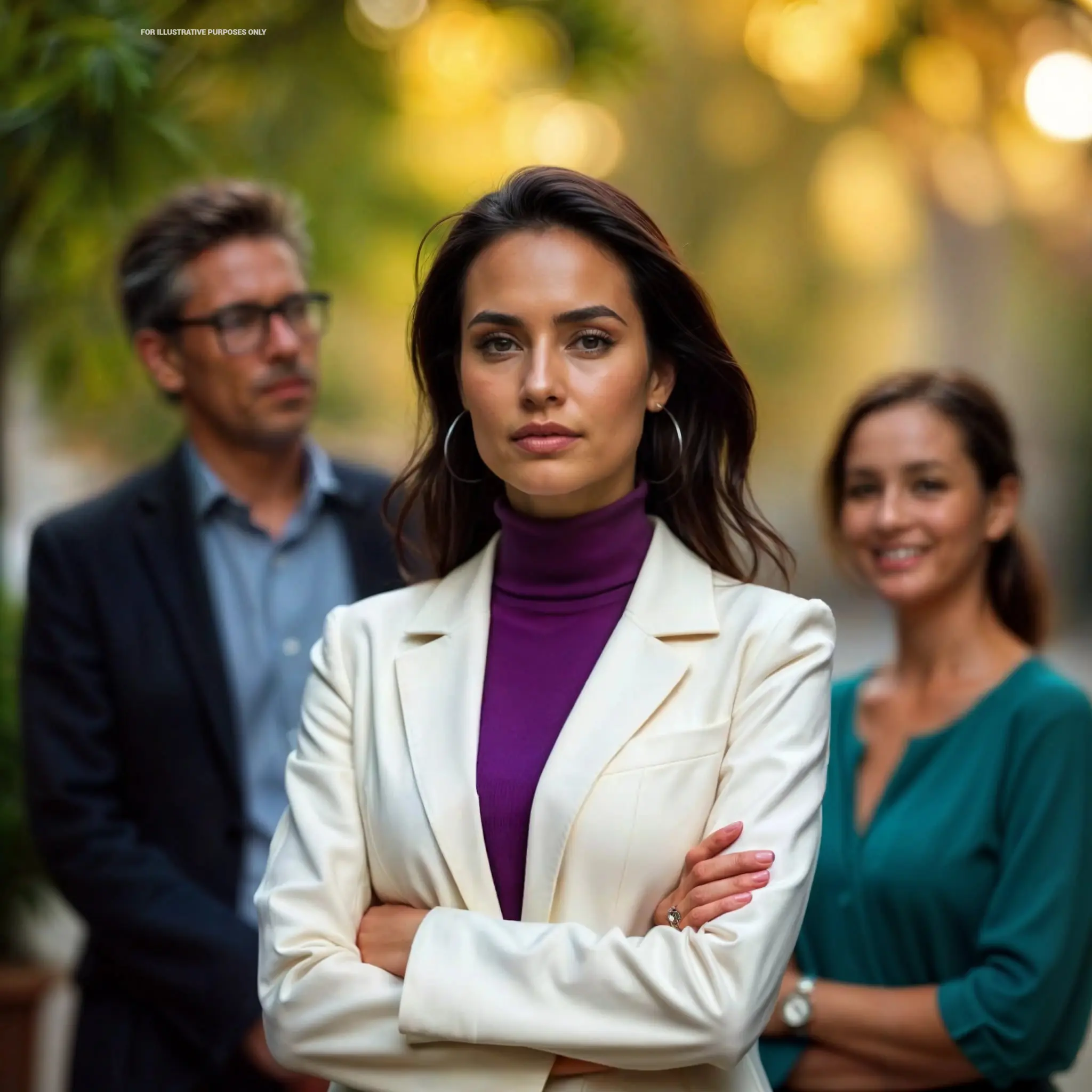
Seeing her husband with another woman, Veronika did not start a scandal; instead, she decided to give her spouse a gift he would never have expected
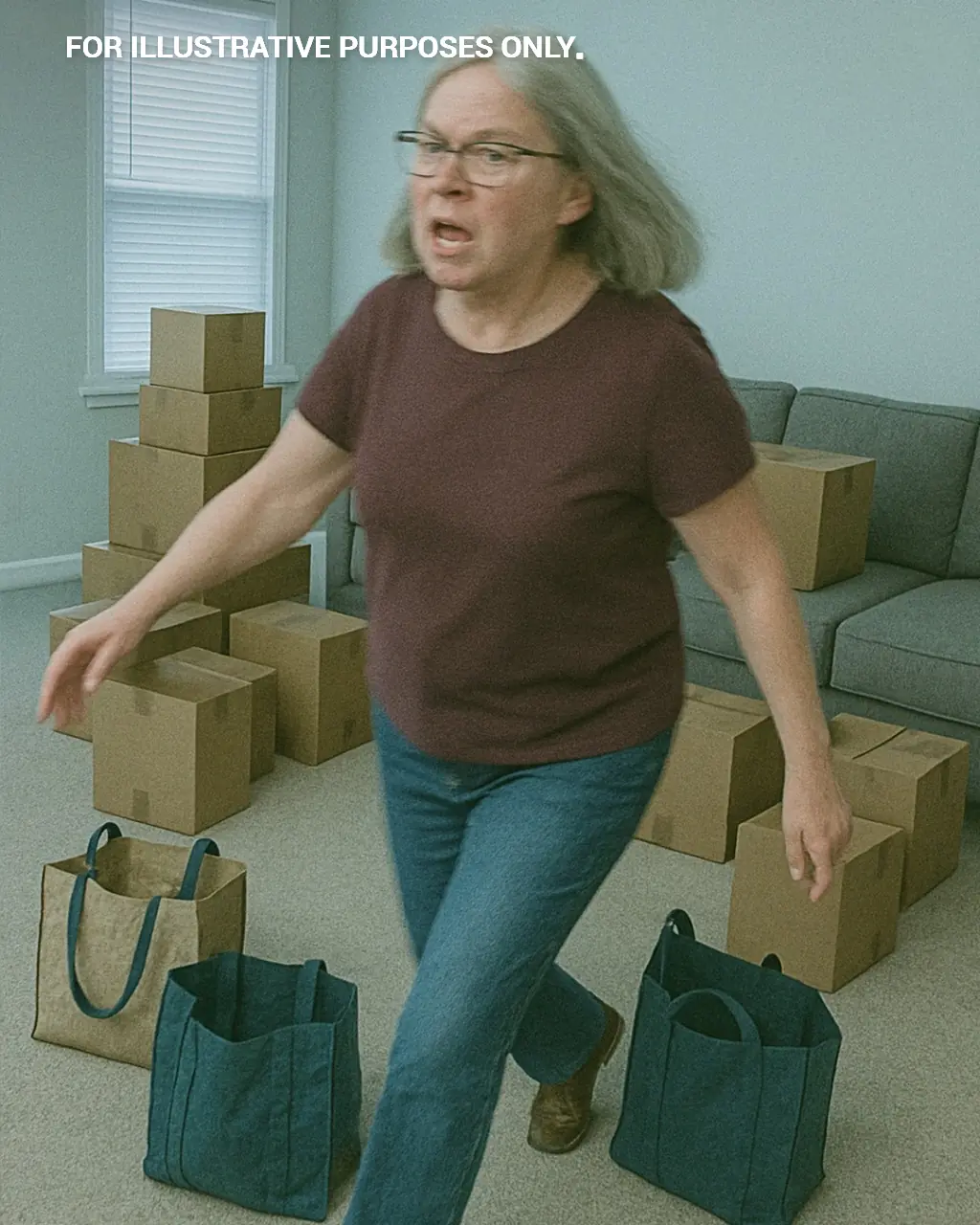
I Was Forced to Pay Rent to My Future MIL Just to Stay in Her House and Keep My Relationship Alive – Story of the Day
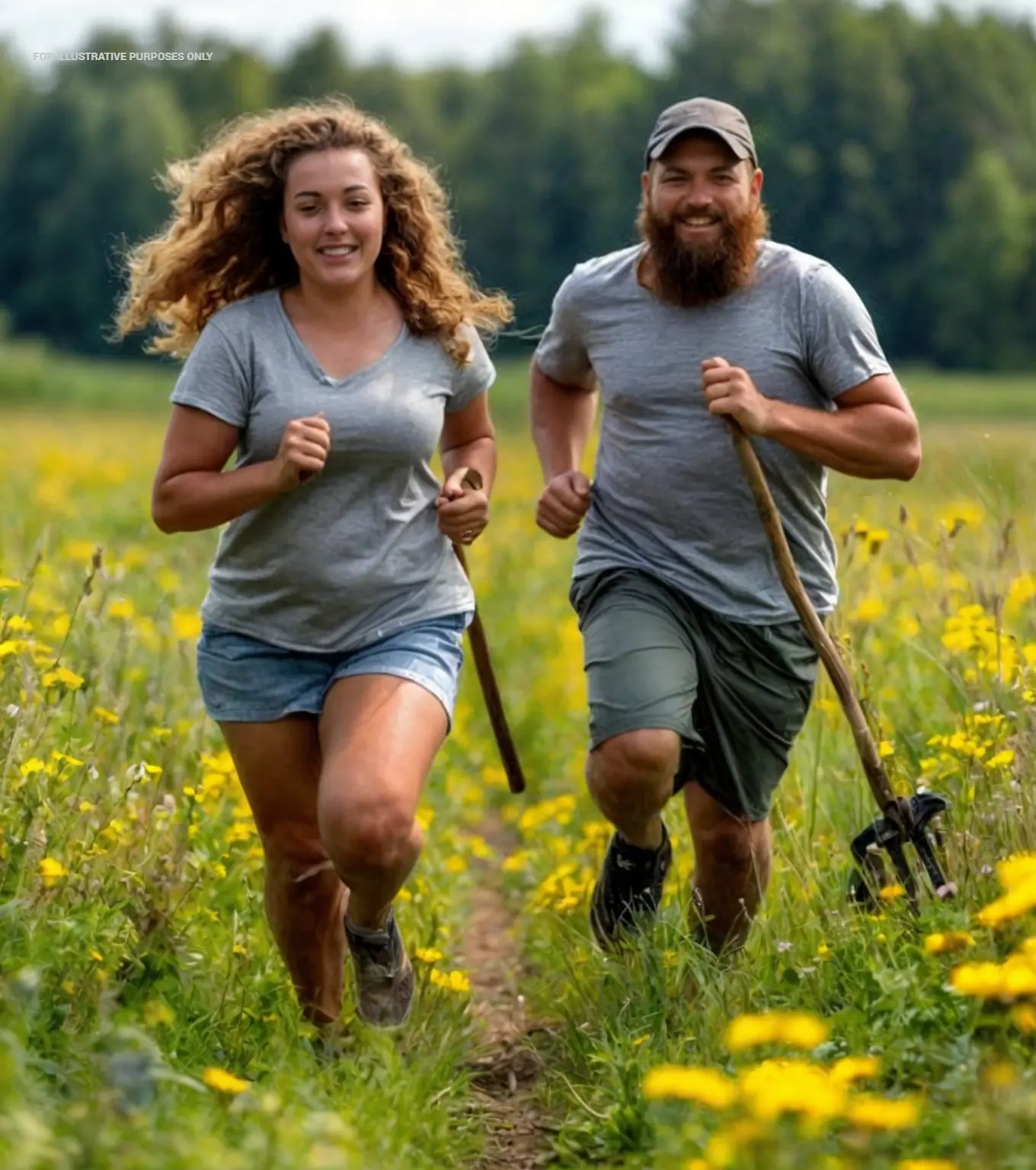
The sick son of wealthy parents married a simple girl, and she took him to the countryside. After six months, the parents barely recognized their son.
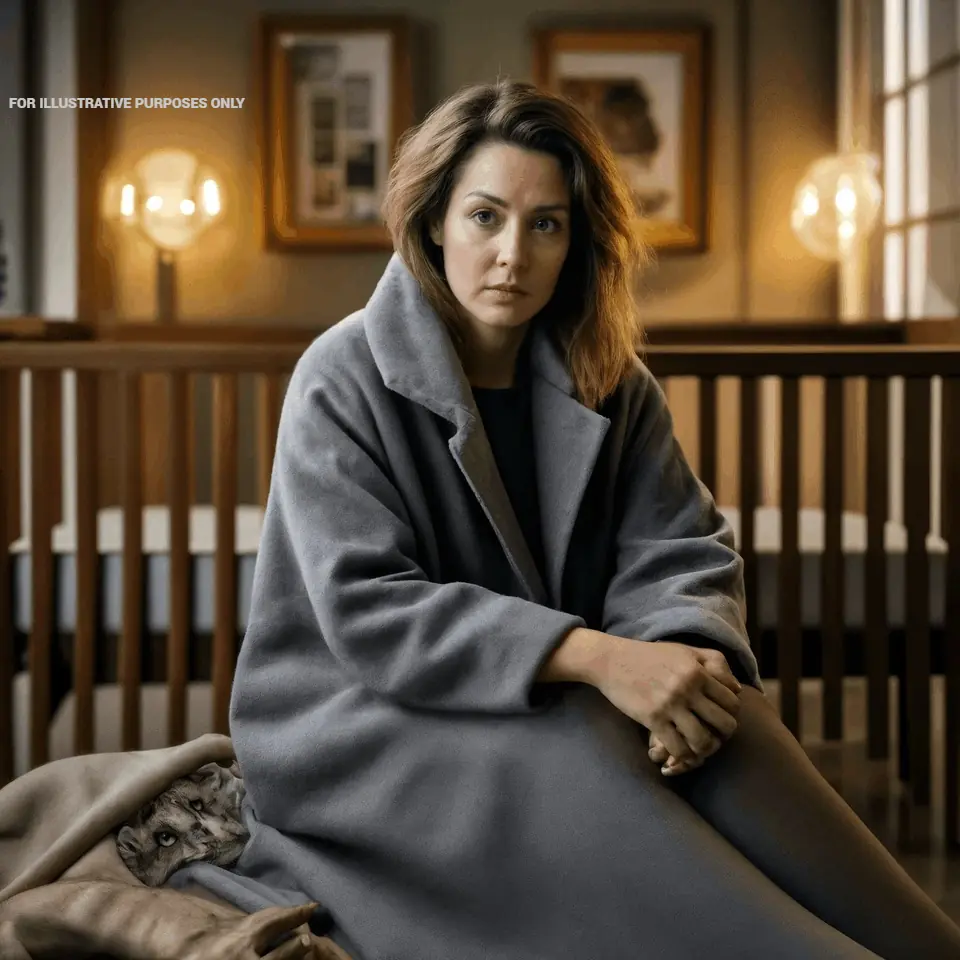
Victoria heard the shouting from her apartment while still on the staircase. It was so familiar, and she was so tired of it!
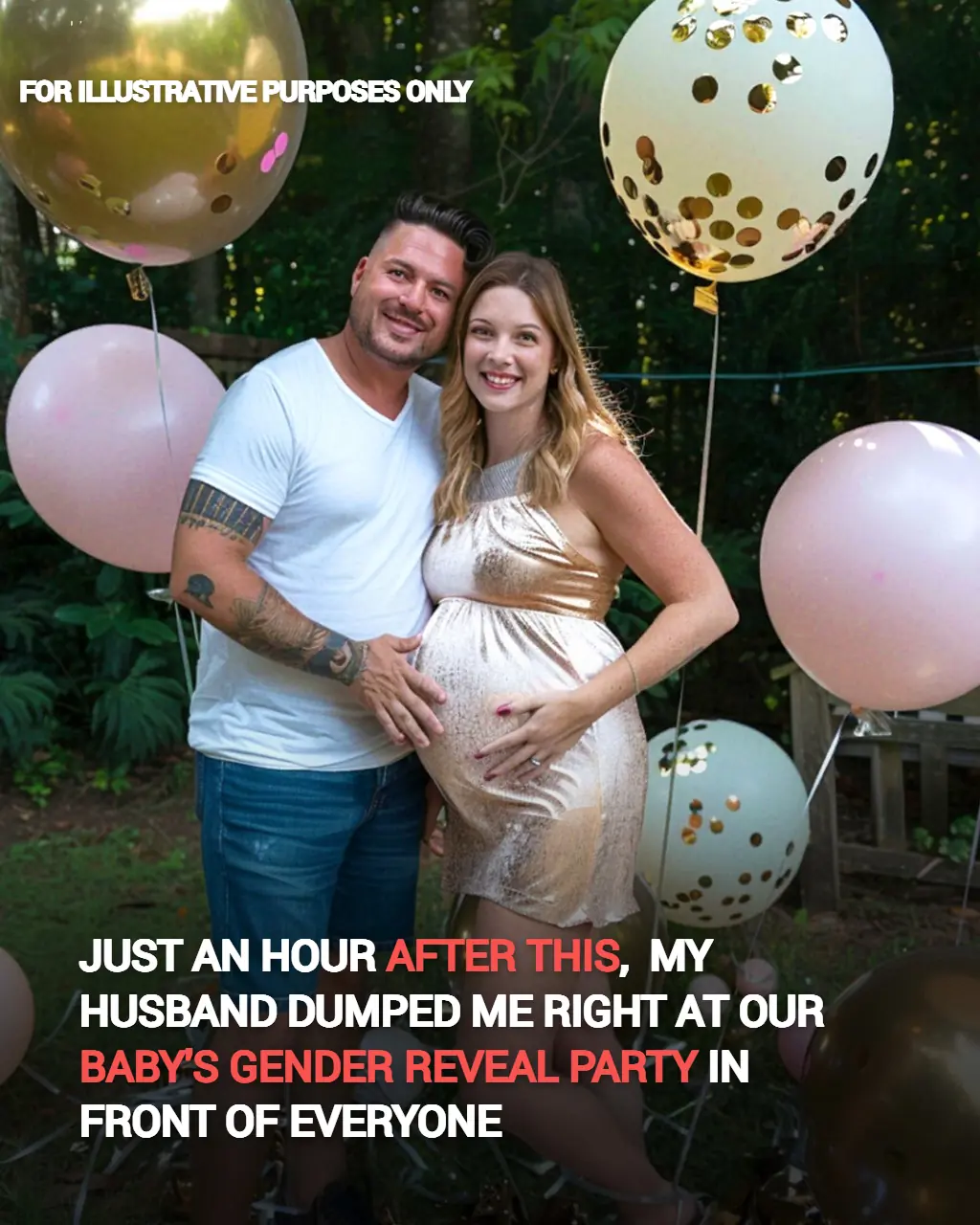
Gender Reveal Event Goes Awry as Husband Declares to Pregnant Wife He's Sterile – Story of the Day
News Post
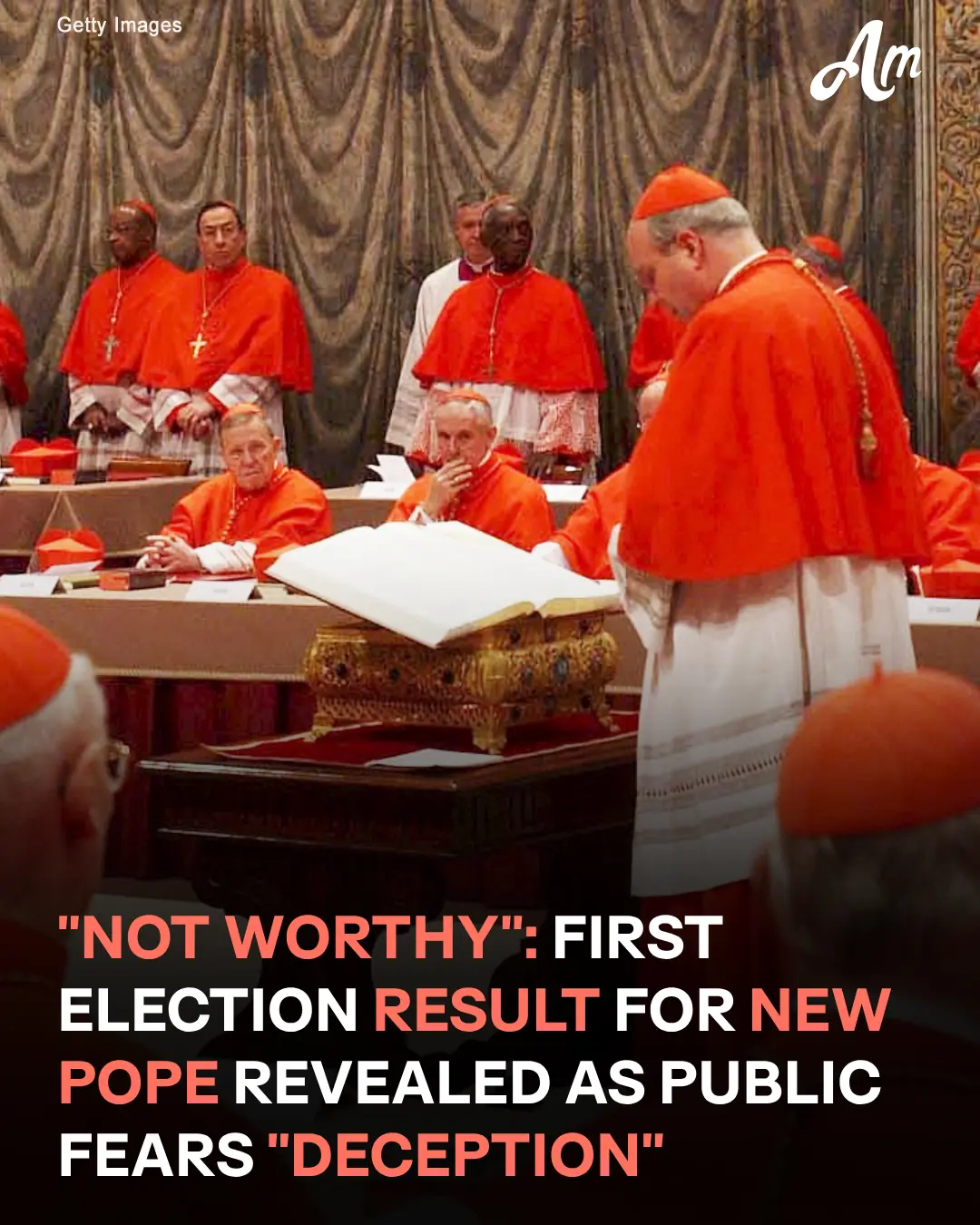
Papal Conclave First Result Is In, Sparking Public Reactions — Details
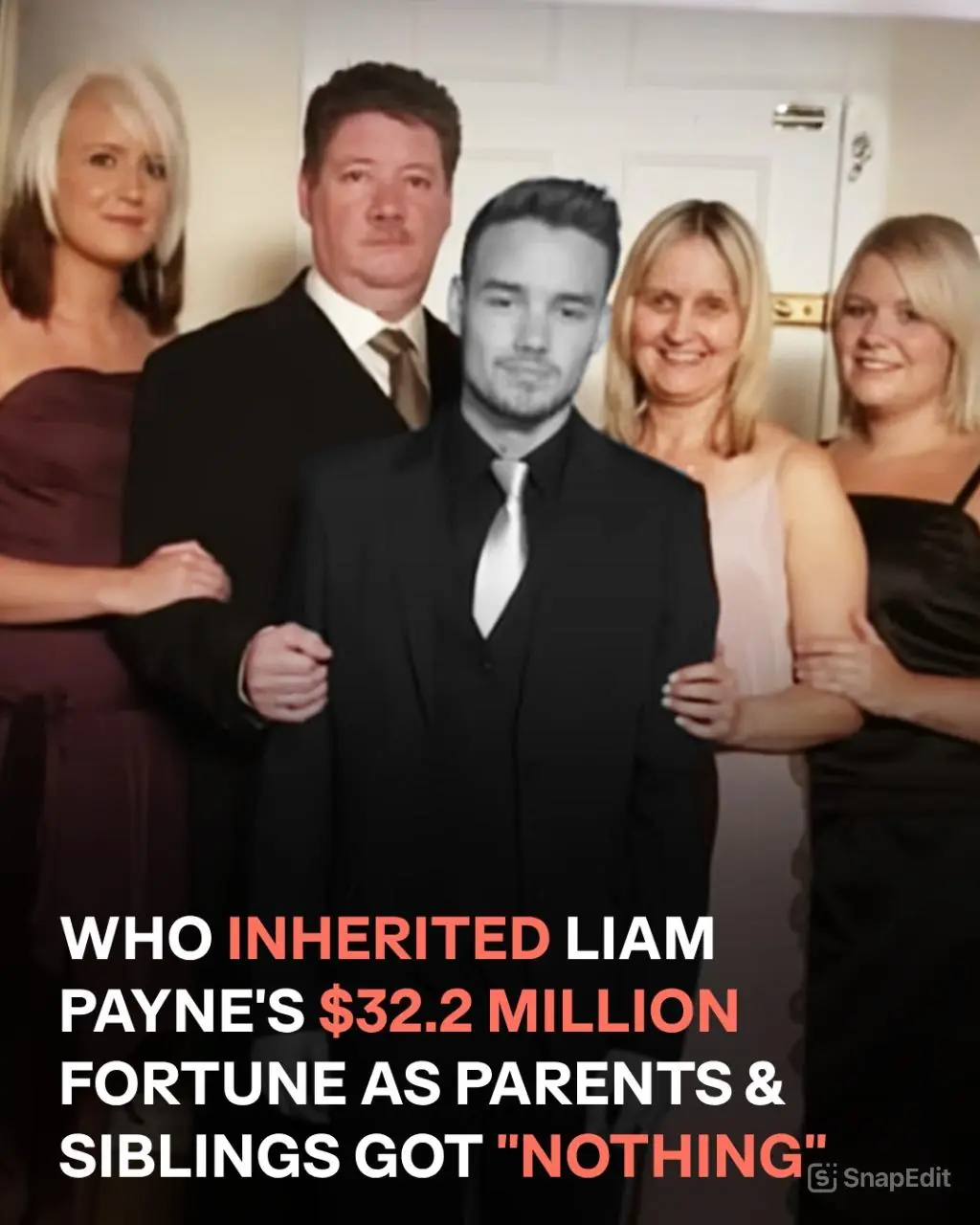
Administrator of Liam Payne's $32.2 Million Estate Revealed, Causing a Public Stir
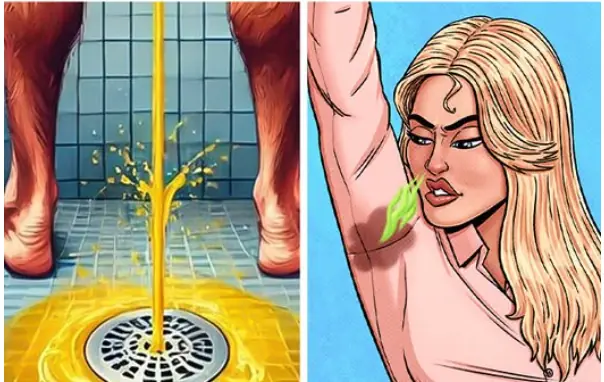
6 Dementia Symptoms You Might Overlook at First
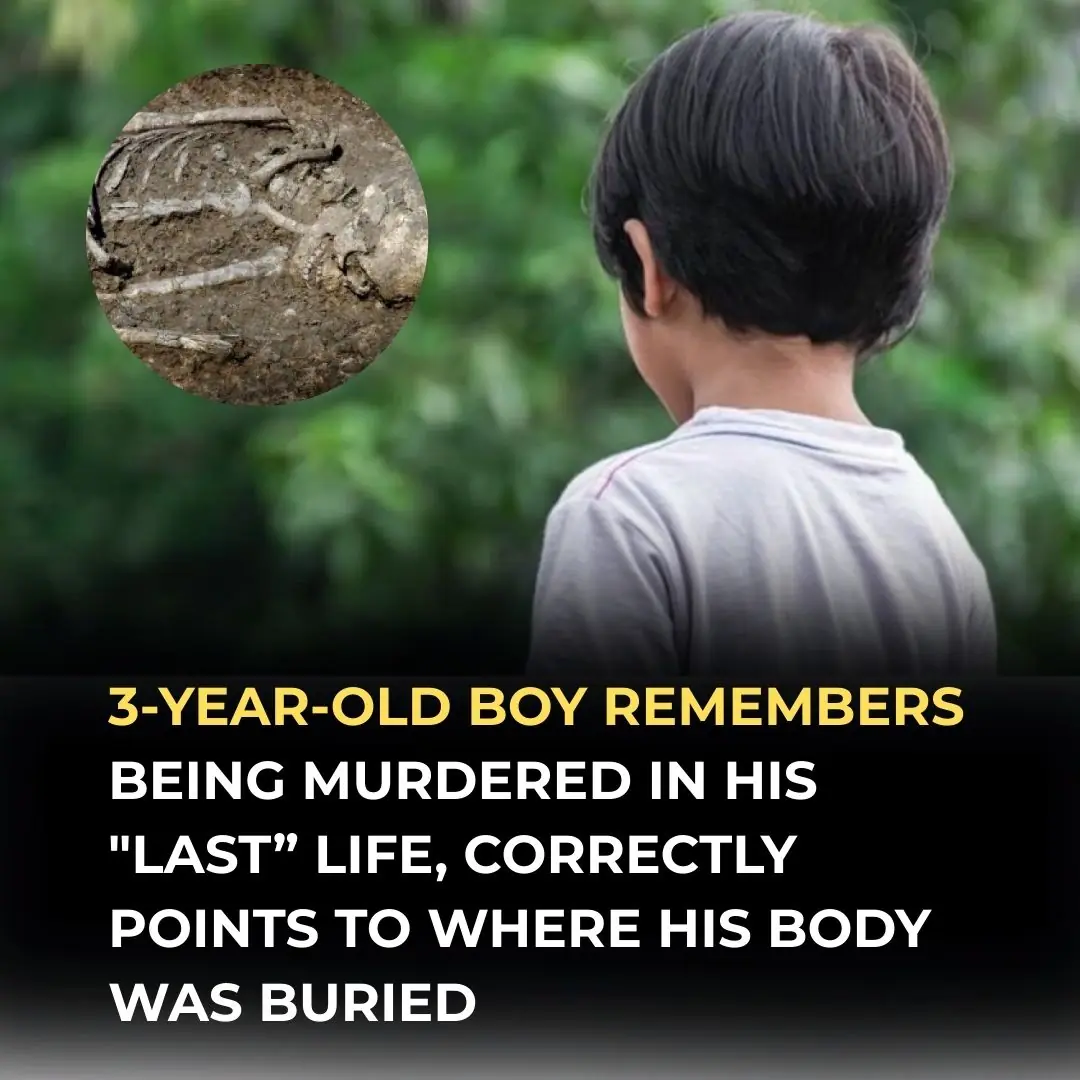
Toddler Claims to Remember Being Murdered in a Past Life and Identifies Where He Was Buried

10 Snoring Solutions Your Partner Will Be Thankful For
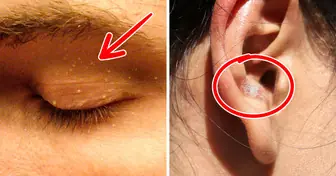
6 Subtle Facial Clues That Can Reveal Serious Health Conditions
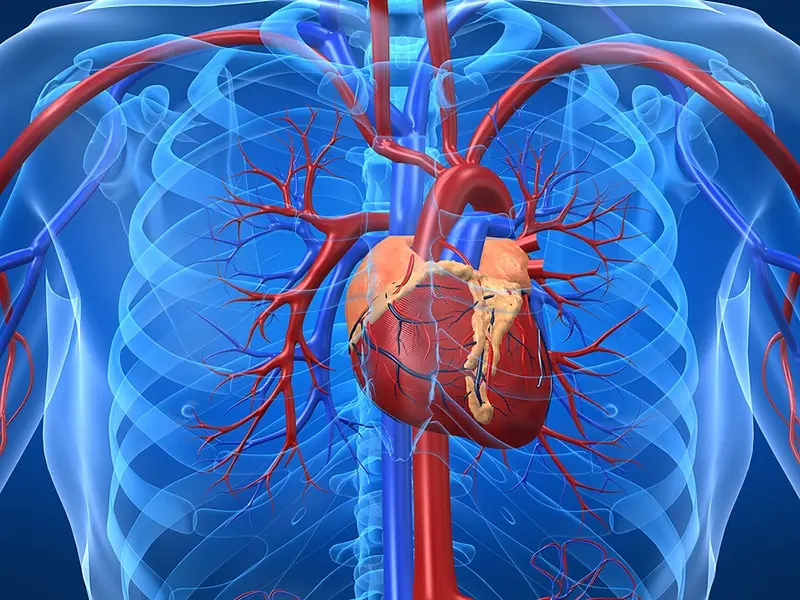
Preventing Stroke and Cerebral Infarction: Remember These 3 Health Indicators, 1 Critical Condition, and 6 Things You Should Never Ignore
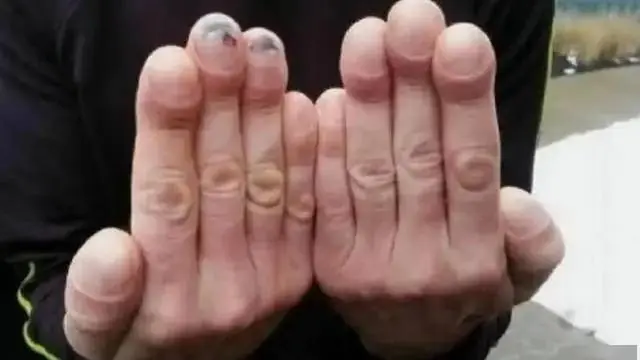
4 Changes in Your Fingers That Could Be Signs of Lung Can.cer – See a Doctor Immediately!
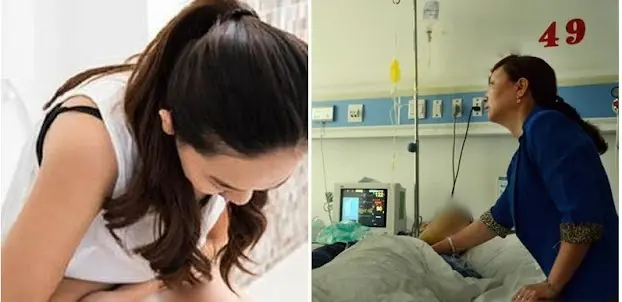
Cancer Doesn’t Hurt at First, But If You Notice These 8 Signs During Bathroom Visits, See a Doctor Immediately: Don’t Ignore Them
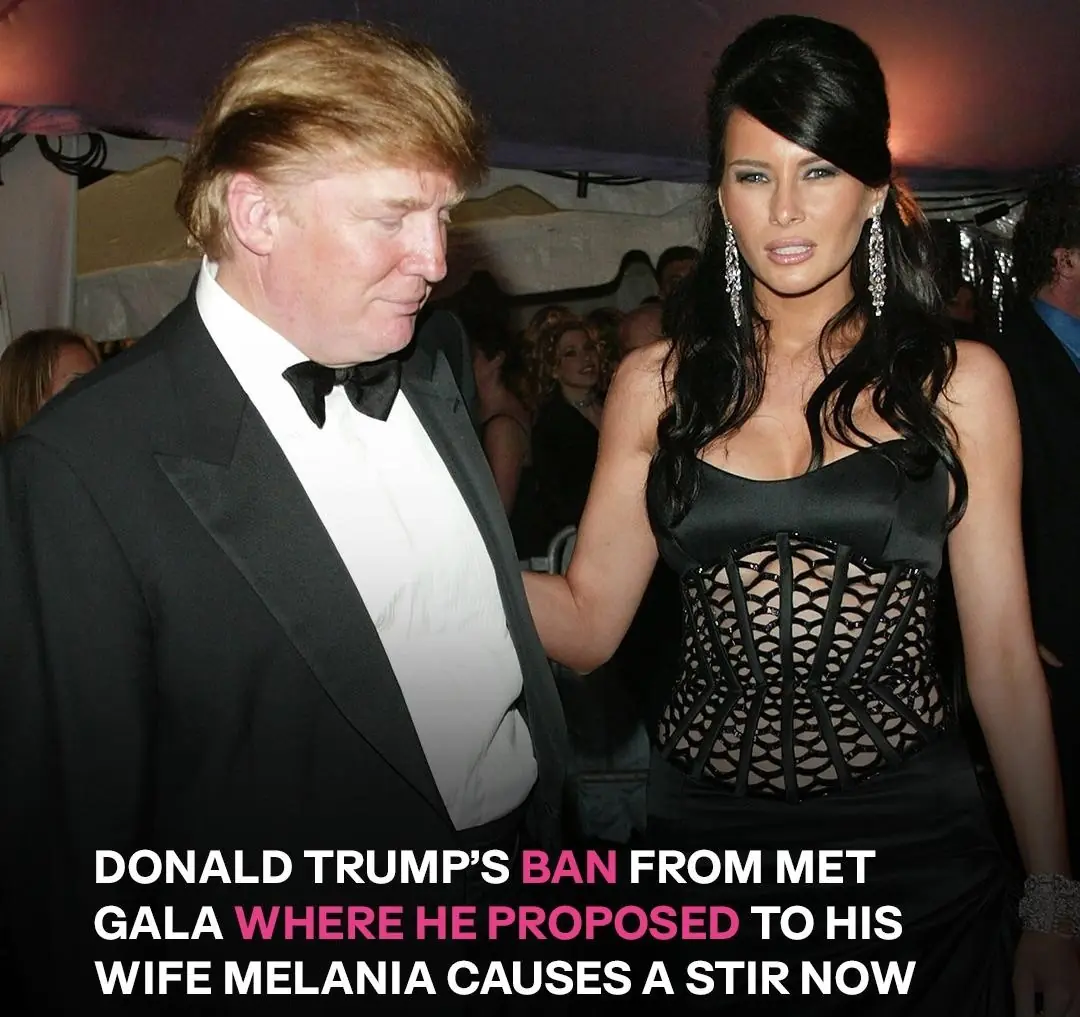
Details About Donald Trump Not Being Invited Back to the Met Gala Resurface - What Happened
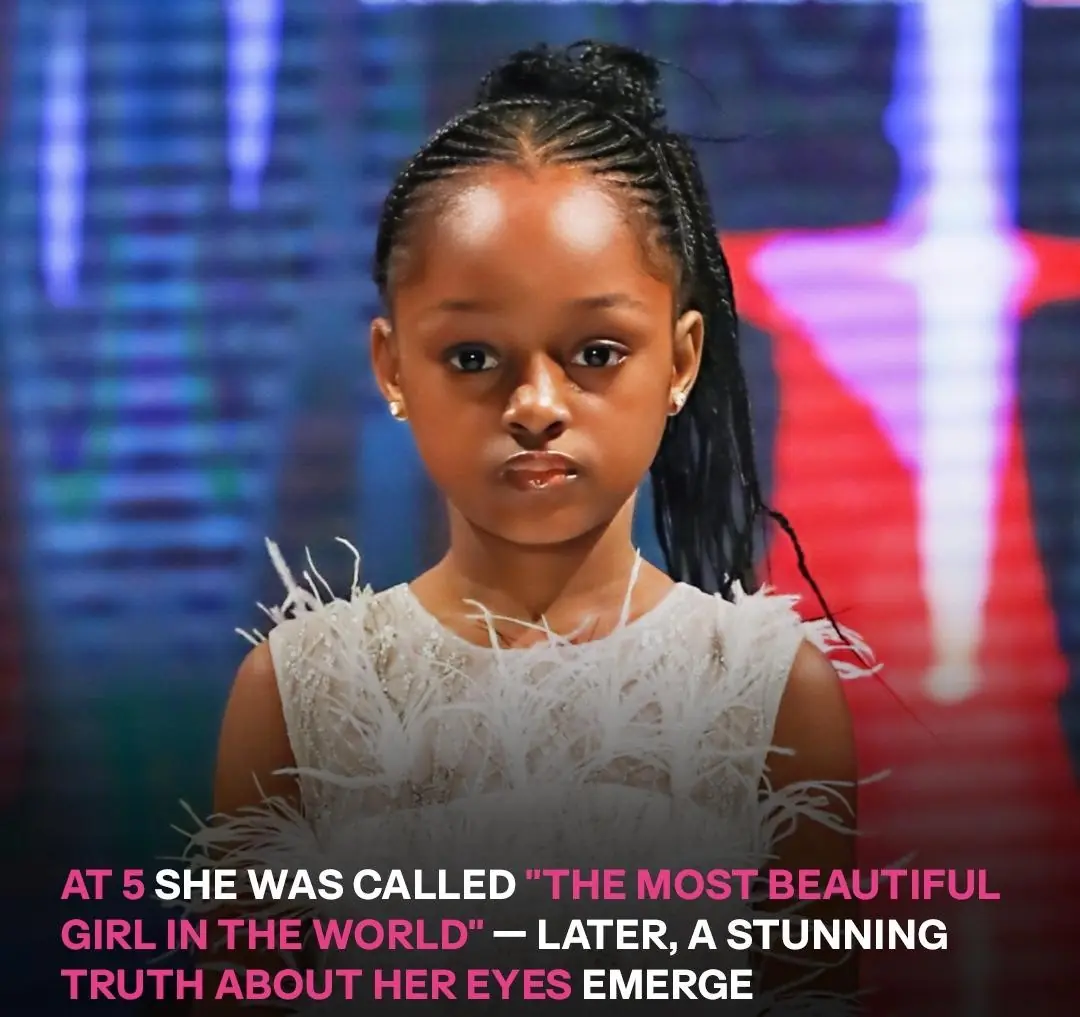
She Was Dubbed 'The Most Beautiful Girl in the World' at 5 – How She Has Changed Will Shock You

I Photographed My Half-Sister's Wedding for Free, but She Said I Didn't Deserve a Seat Because I Was Working and Not a Guest
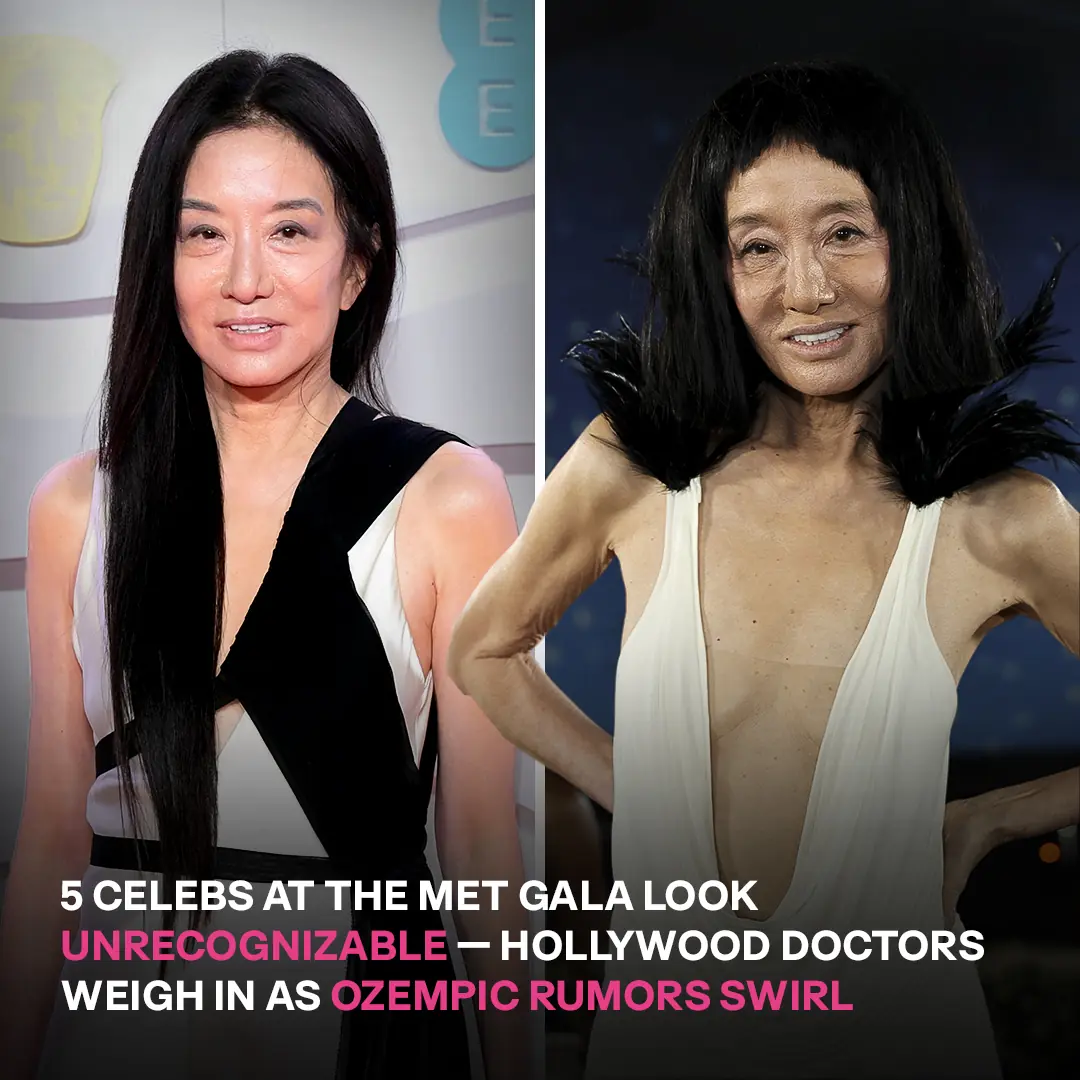
Ozempic at the Met Gala: 5 Celebs Who Reportedly Show Drastic Weight Loss — Hollywood Doctors Speak Out

I Noticed the Groom Kept Rubbing His Wrist at My Best Friend’s Wedding—So I Stepped in and Exposed a Terrible Secret
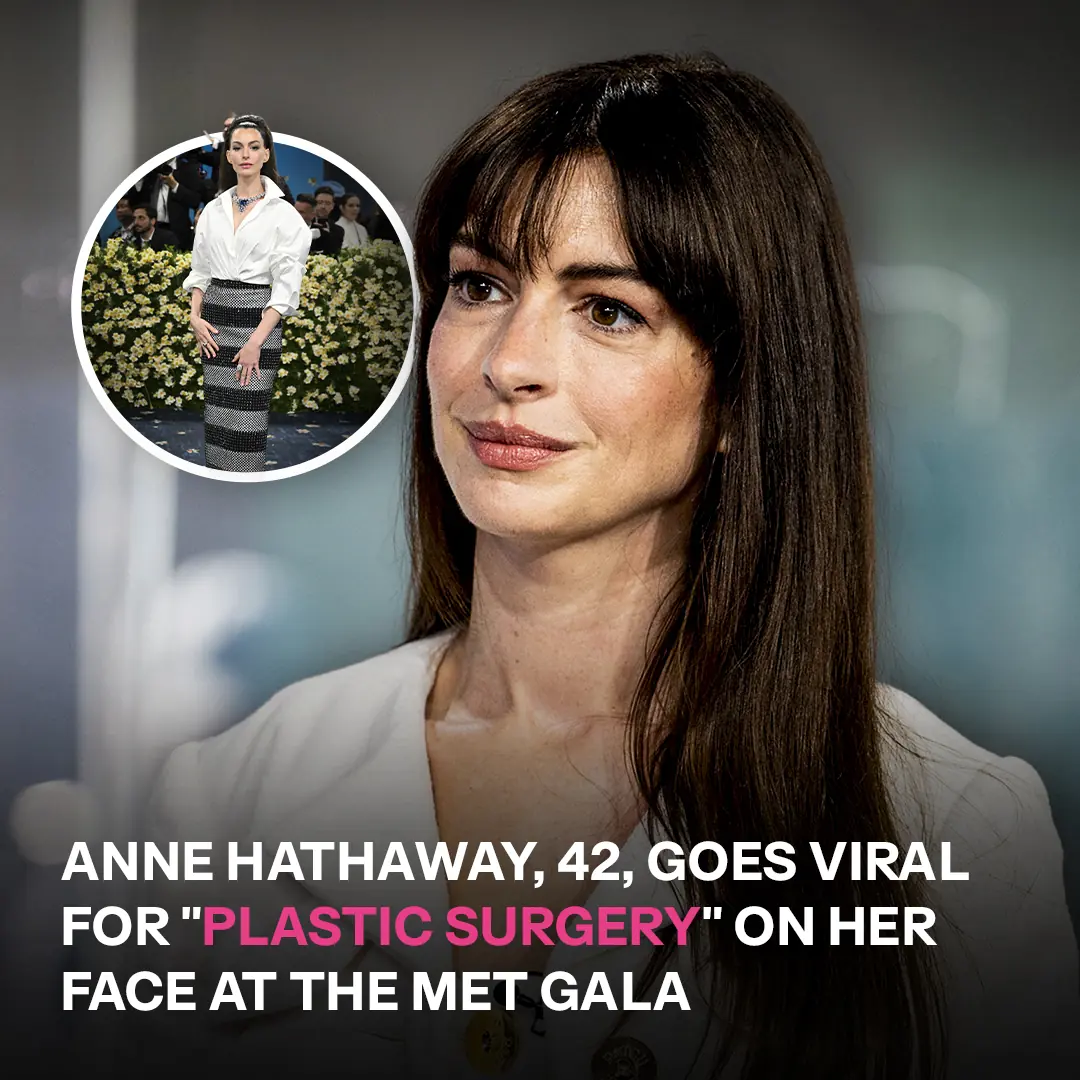
Anne Hathaway Faces Plastic Surgery Speculation After 'Tight' Met Gala Look Goes Viral
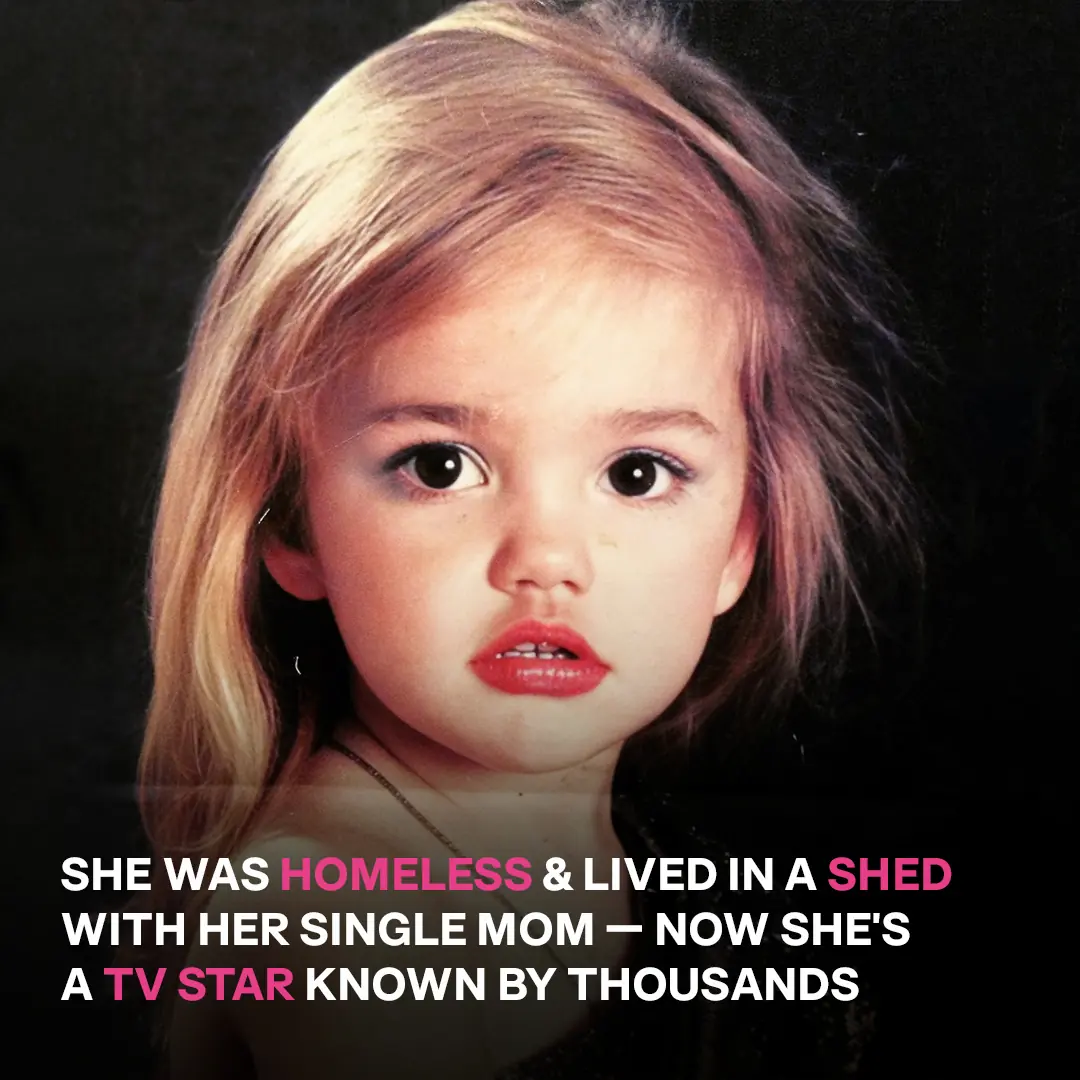
She Once Lived in a Shed With Her Mom, Not Knowing Her Father & Barely Surviving — Now She's a Top Star
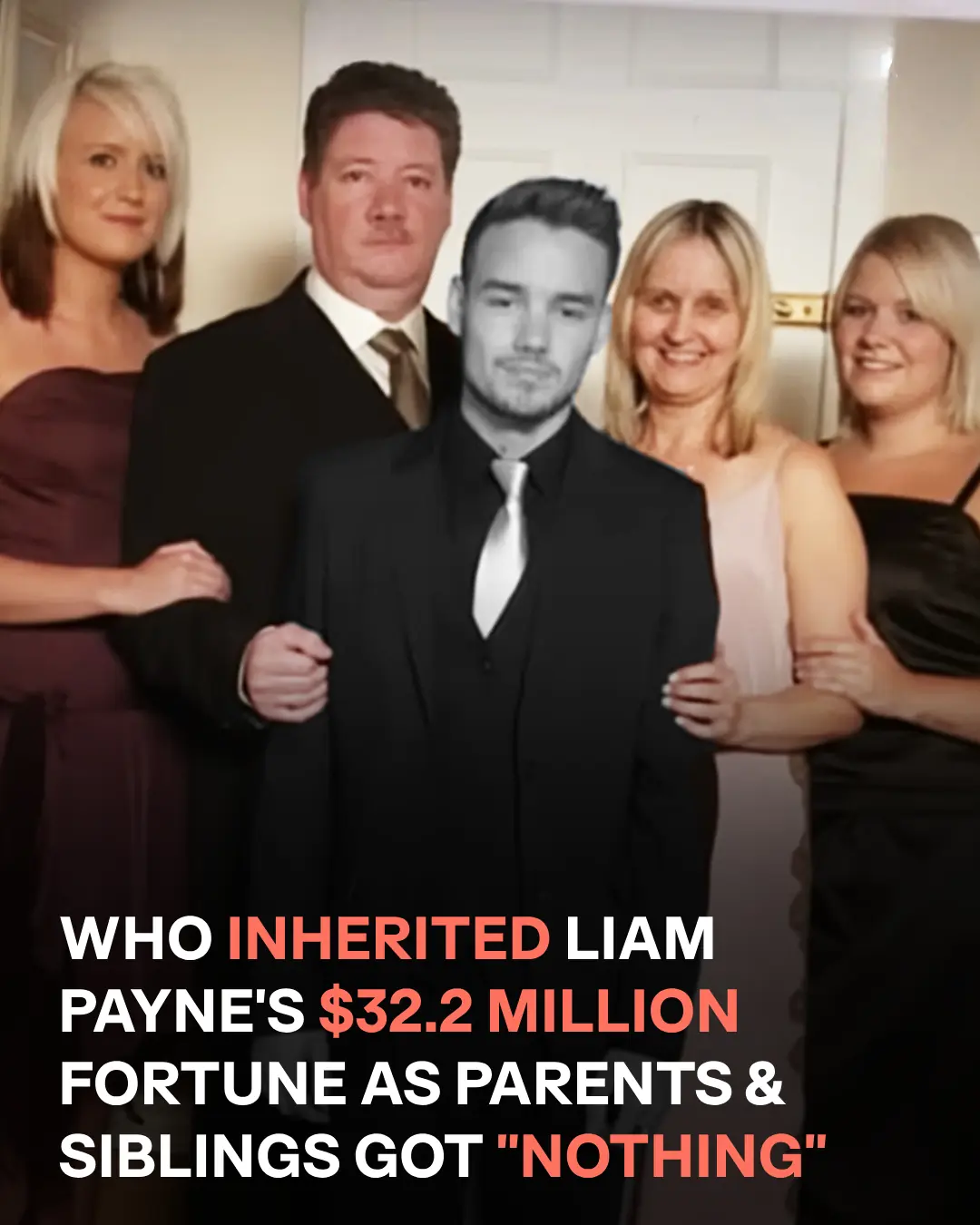
Administrator of Liam Payne's $32.2 Million Estate Revealed, Causing a Public Stir

My Neighbor Started a Barbecue Every Time I Hung Laundry Outside Just to Ruin It
